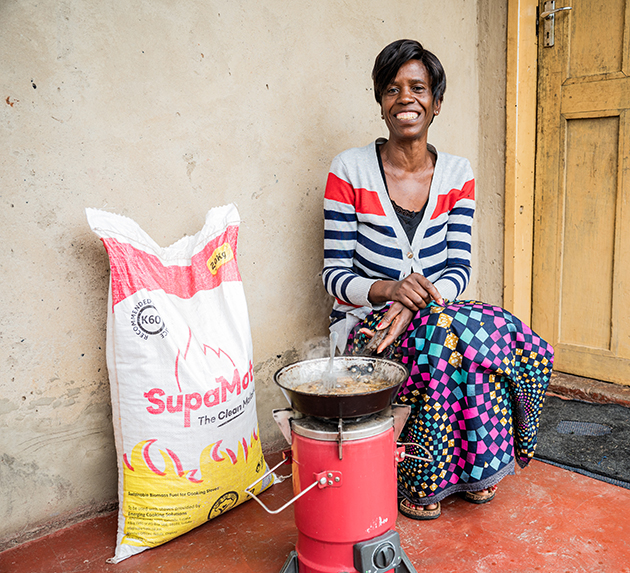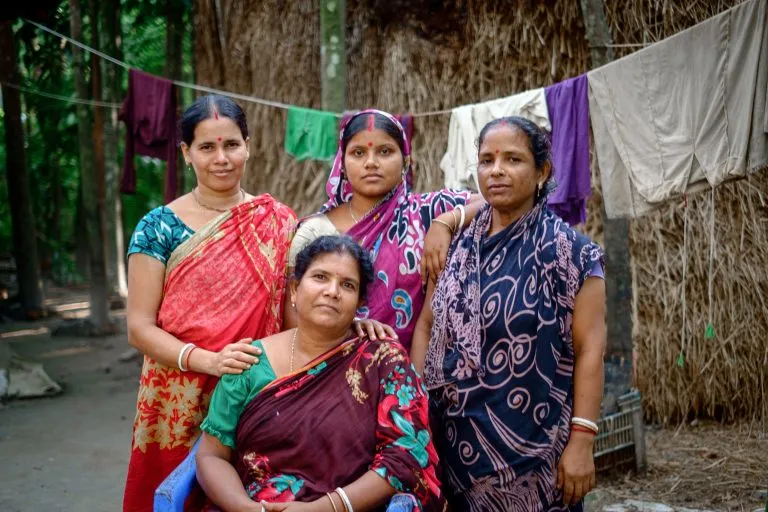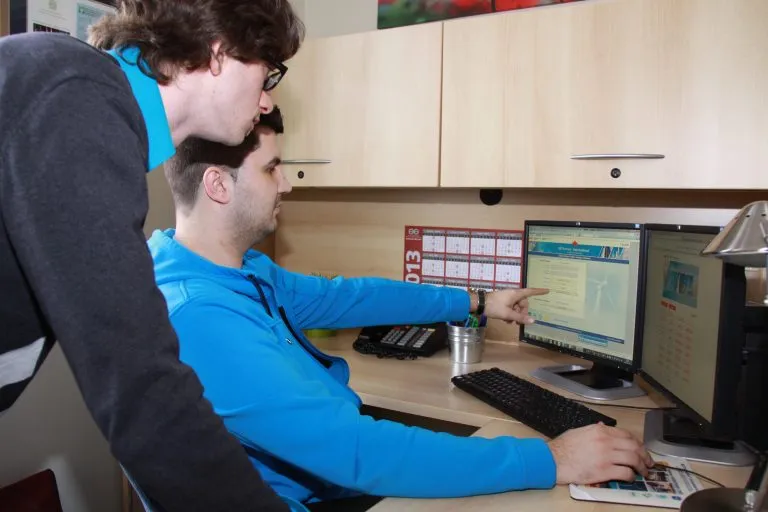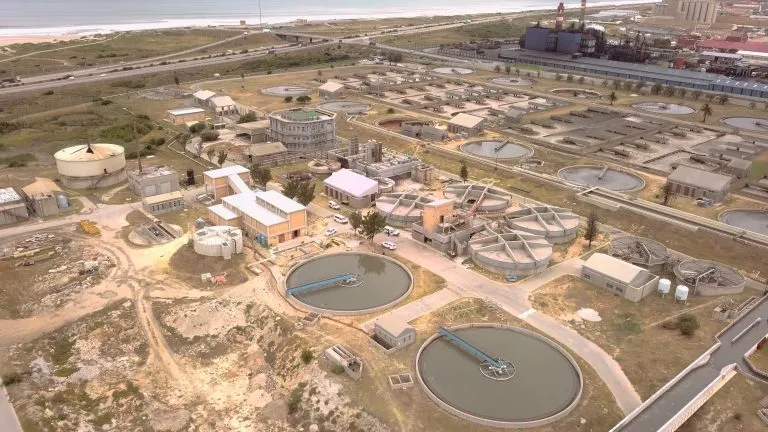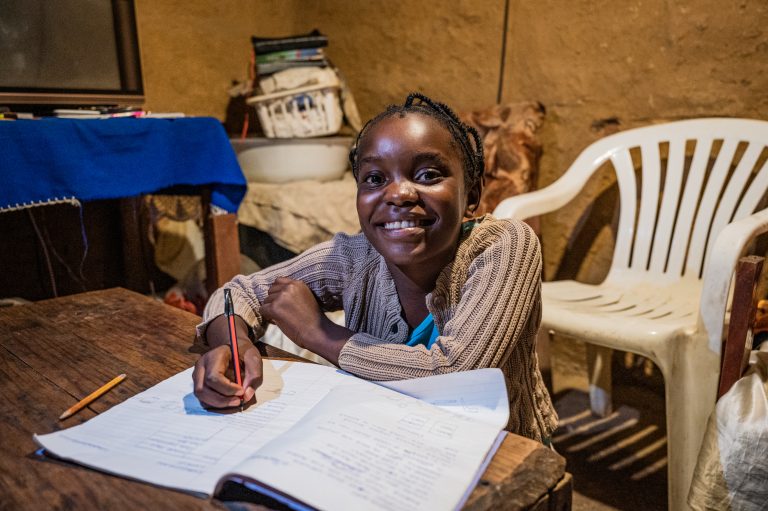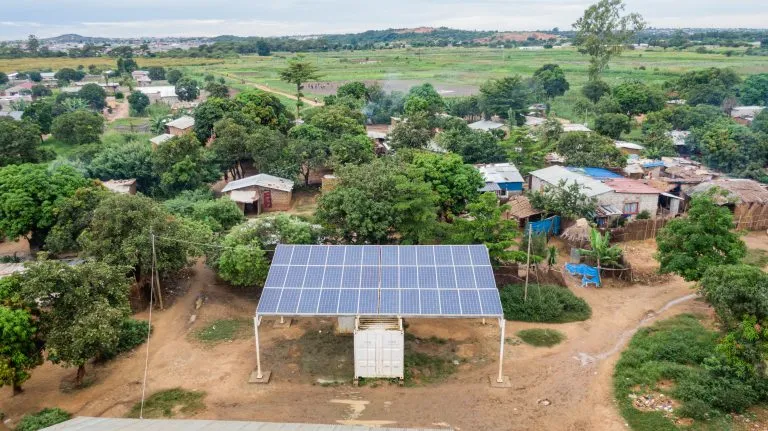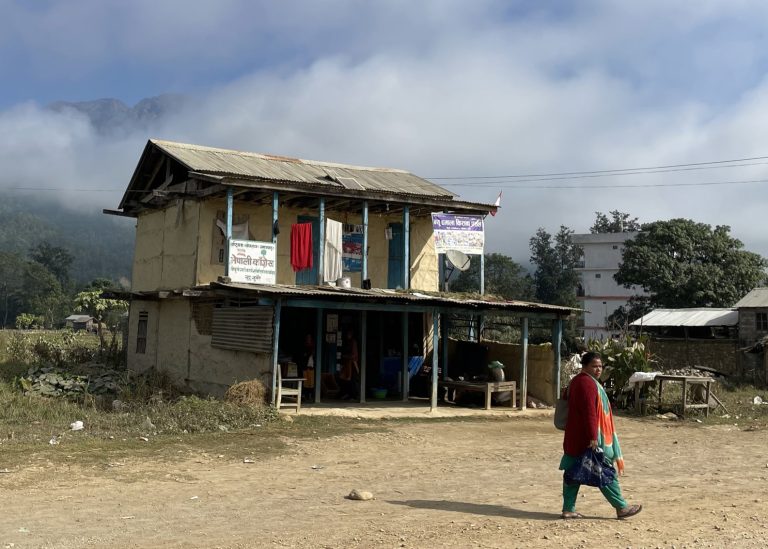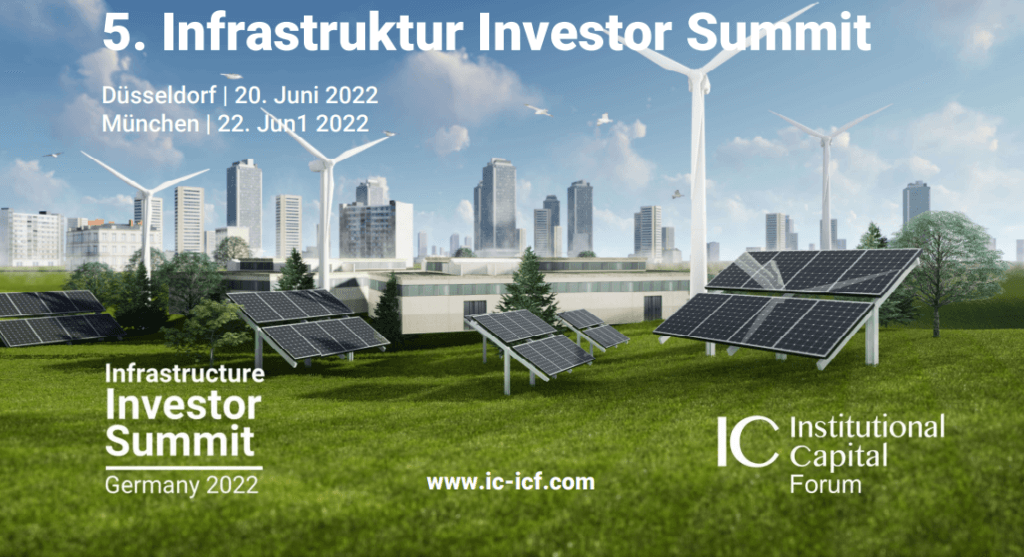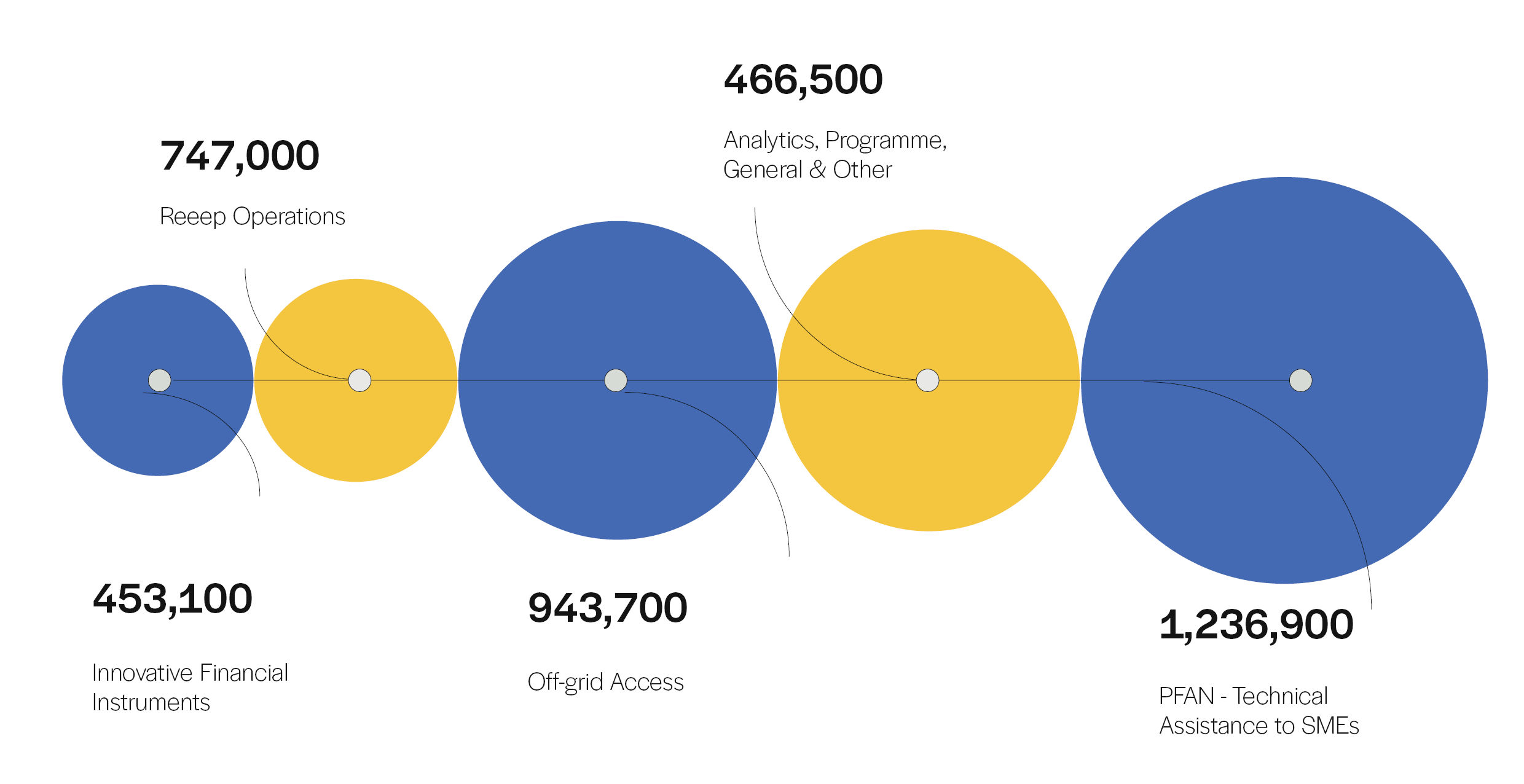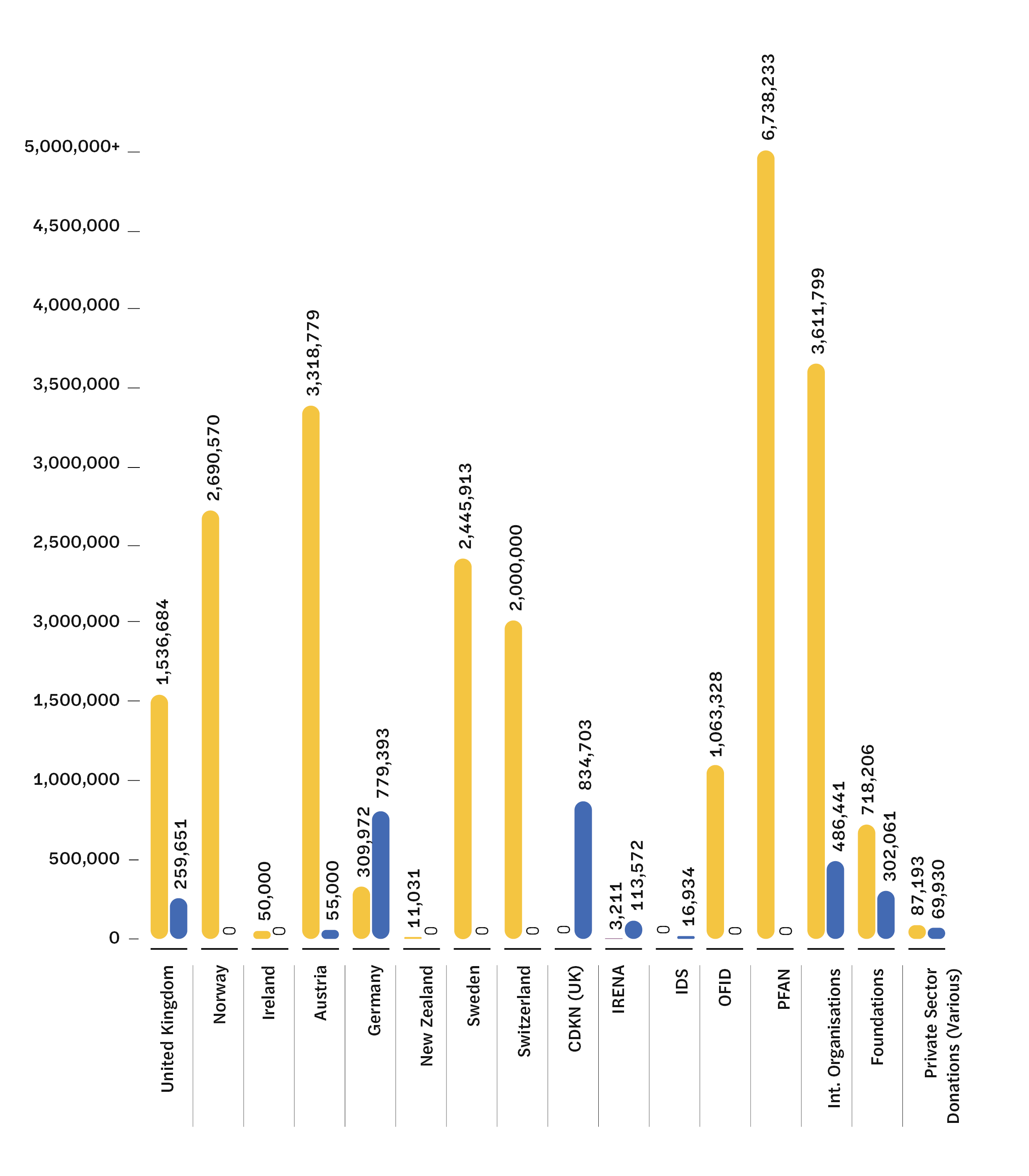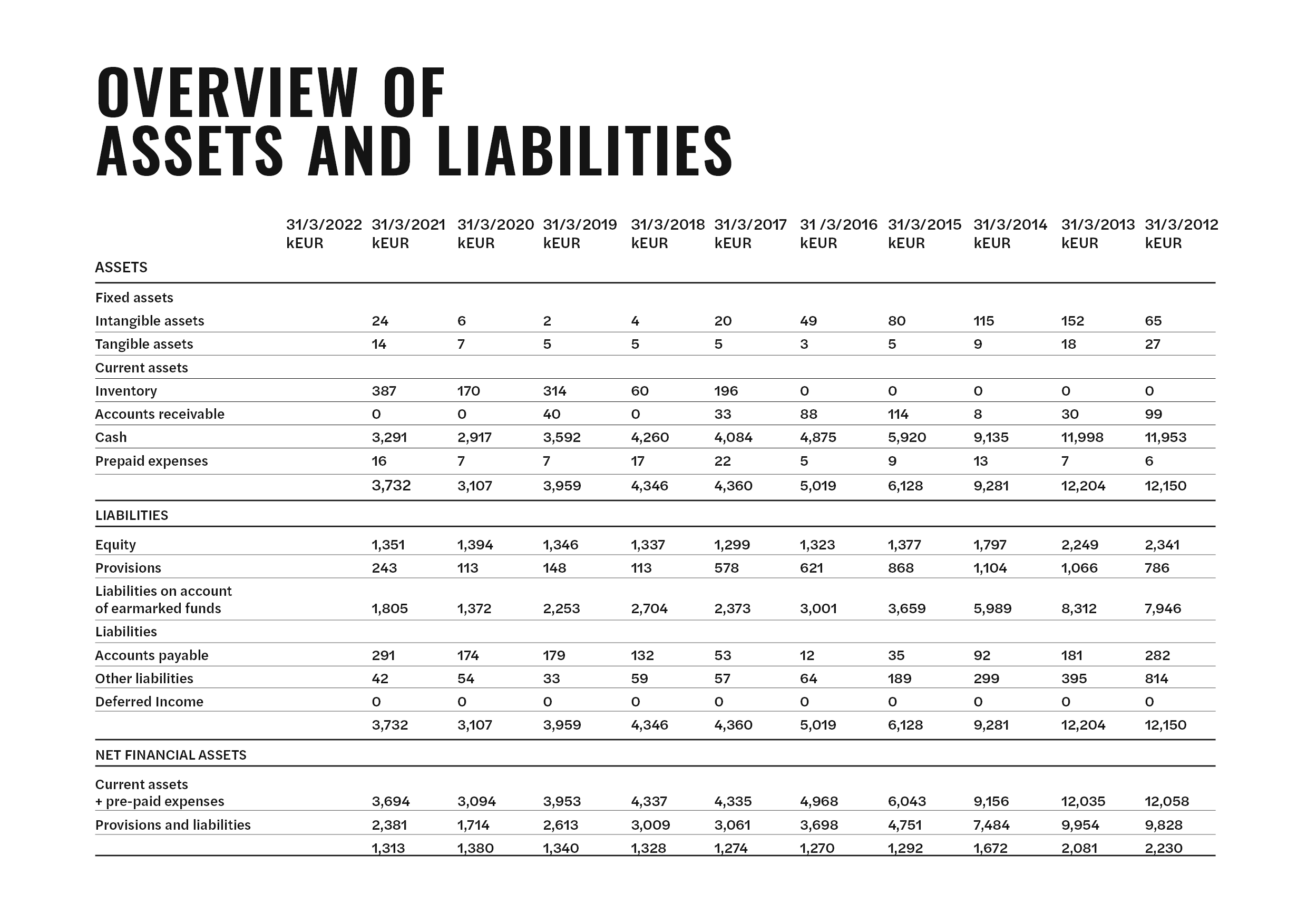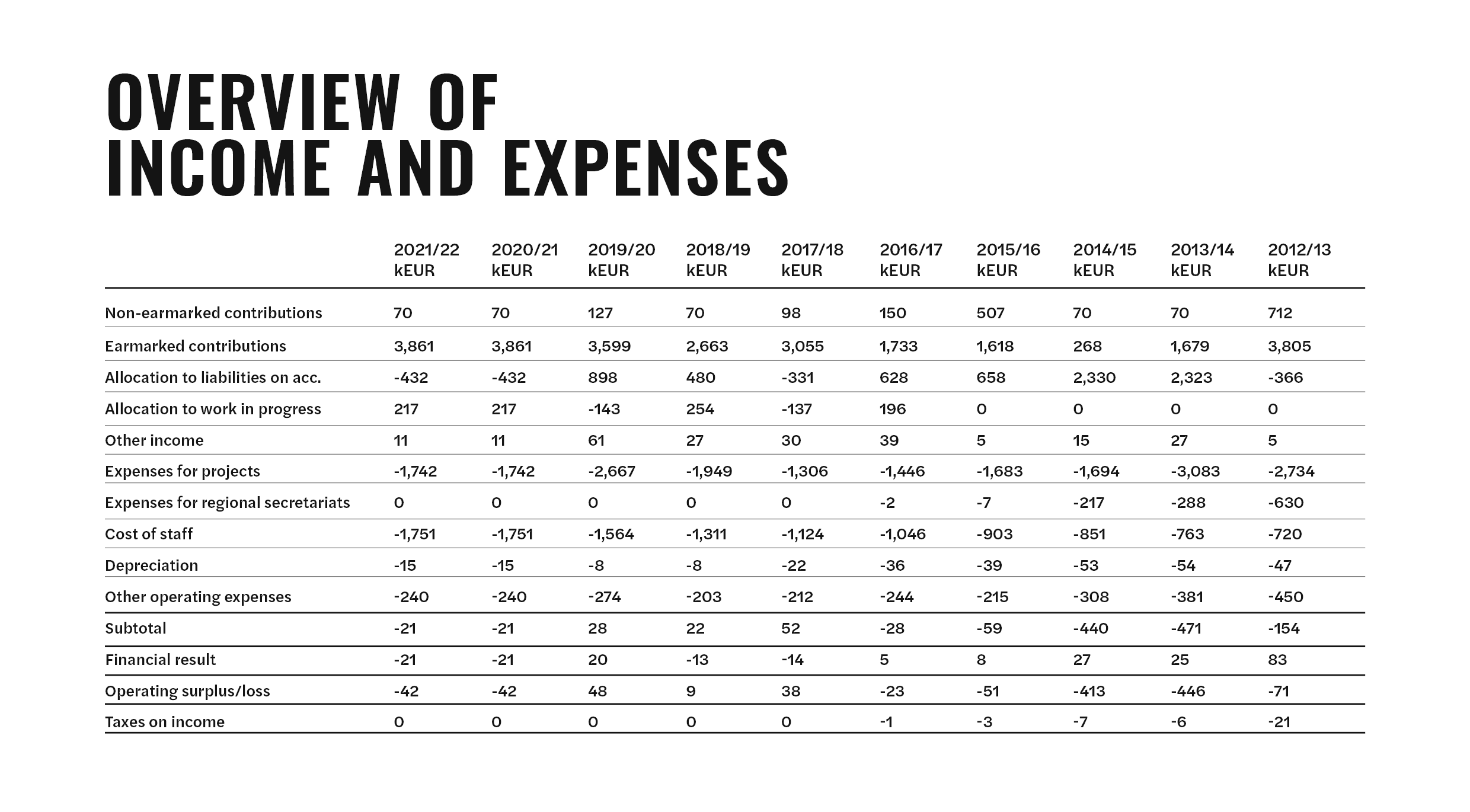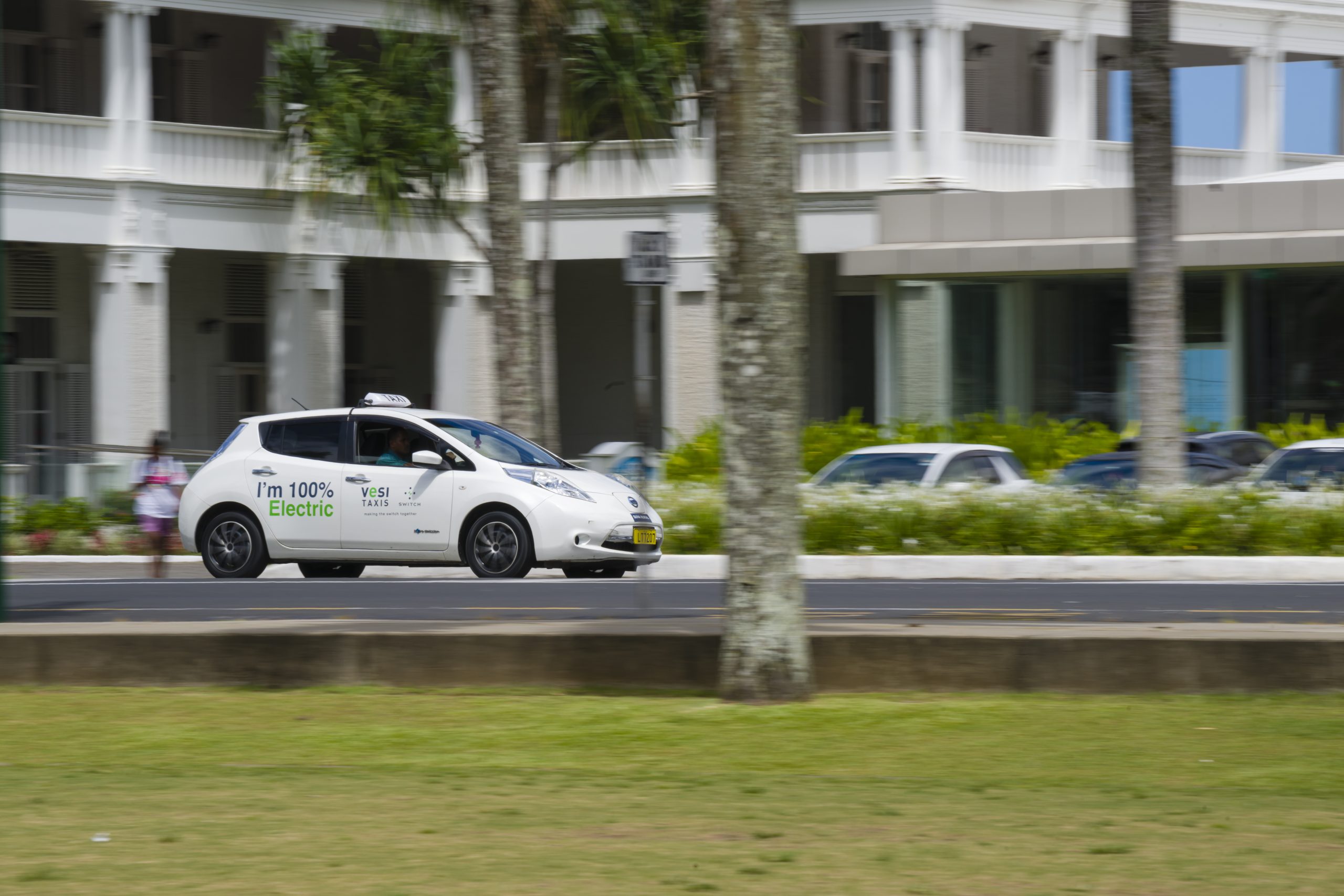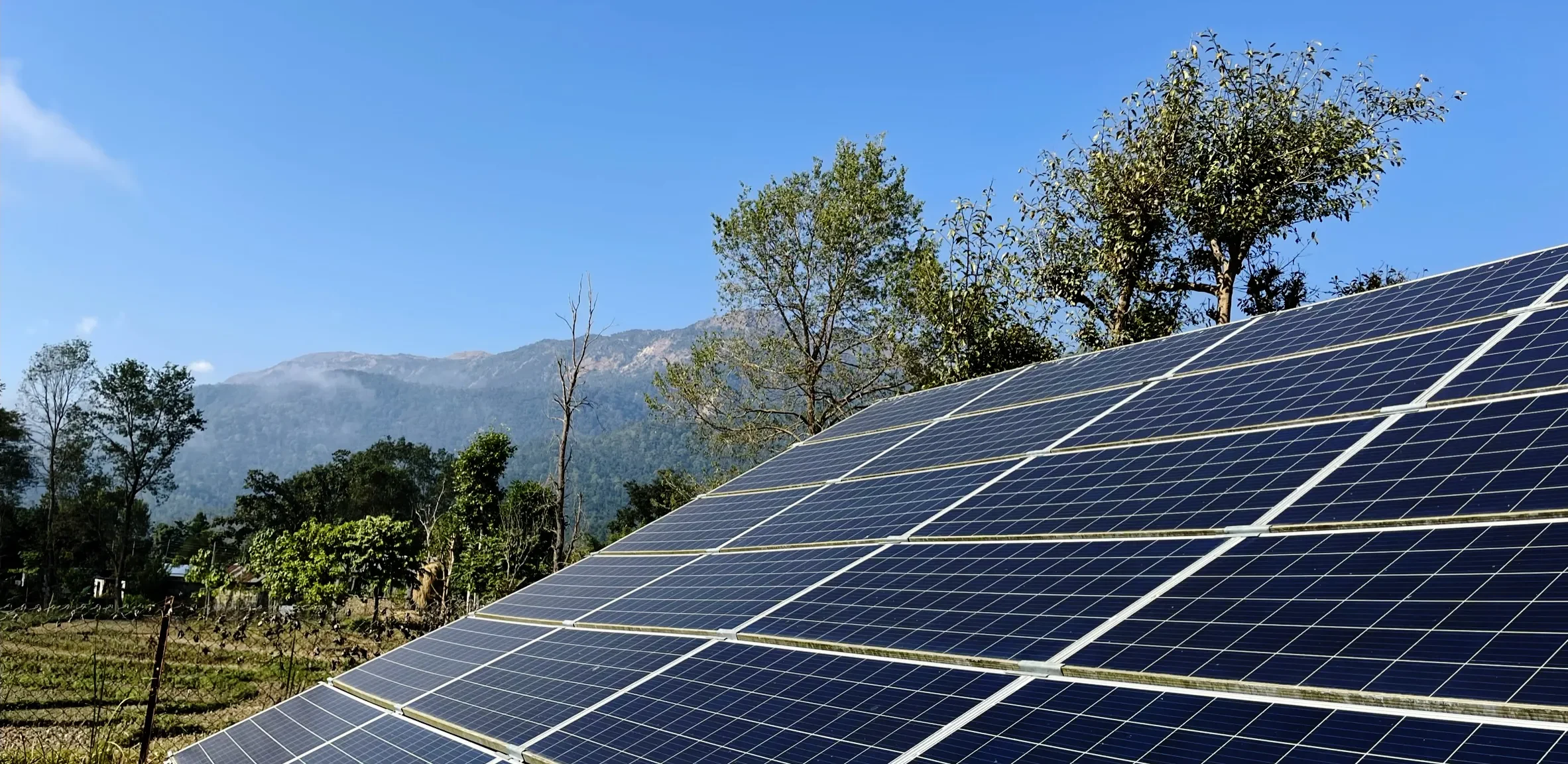
REEEP annual
report 2022
About Reeep

Dung harvesters in Karnali, Nepal. The dung is turned into bio-fuels and fertiliser in a bio-gas plant supported by the Austria Nepal Blended Finance Facility.
Our work contributes to global efforts under the 2015 Paris Agreement on Climate Change and the United Nations 2030 Agenda for Sustainable Development with a focus on the Sustainable Development Goals (SDGs) of ensuring access to affordable, reliable, sustainable and modern energy for all and taking action to combat climate change and improve resilience. Our work also contributes to achieving food security, reducing damage to the environment, ending poverty, achieving gender equality and facilitating decent work and economic growth where it is most needed.
REEEP targets clean energy in off-grid and distributed small-scale power, and productive use of clean energy, particularly in agri-food value chains. REEEP’s mandate is global, with our current priority regions being low- and lower-middle-income countries in sub-Saharan Africa and South and Southeast Asia.
We are a co-hosting and implementation partner for two large programmes: The Beyond the Grid Fund for Africa and the Private Financing Advisory Network (PFAN), which provides project preparation support and investment facilitation for clean energy and climate adaptation businesses. In addition, REEEP provides first-loss loan reserves and green lending capacity building to local financial institutions to extend affordable local currency finance for energy access, productive uses, small-scale renewables and energy efficiency investments through two innovative financing facilities – the Austria Nepal Blended Finance Facility for clean energy projects in Nepal and the Southern African Renewable Energy Investment and Growth Programme (SOARING) to channel climate finance towards clean energy businesses targeting productive use technologies leveraging solar in Tanzania and Zambia.
REEEP’s strength lies in our broad global network of experts and partners. In all our programmes, we work on multiple levels, facilitating cooperation between governments, international organisations, the private sector, SMEs, civil society and local stakeholders. These partnerships are built to last far beyond REEEP’s direct engagement and are critical for the realisation of far-reaching, long-term impact on the ground.
Foreword
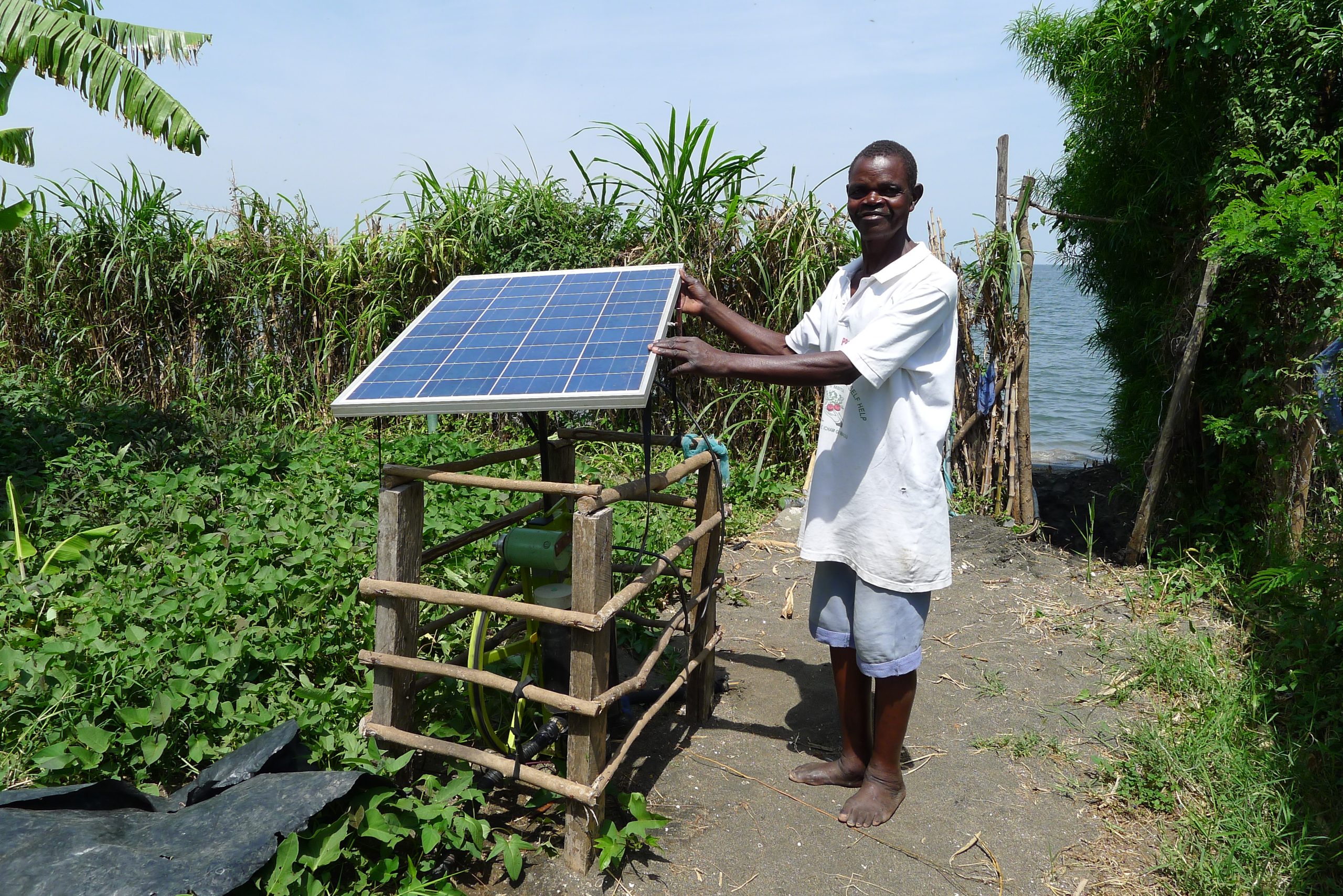
A solar panel used to power solar water pumps by Futurepump in Kenya, supported by REEEP’s 10th call. Credit: Futurepump
Foreword
Just 10 years before REEEP’s founding, the United Nations Framework Convention on Climate Change (UNFCCC) was adopted to address the global issue of climate change. This historic policy framework agreement put the emphasis on reducing greenhouse gas emissions, facilitating global adaptation to the impacts of climate change and promoting sustainable development.

Mango harvest in Cambodia by farmers supported by the the Clean Energy Revolving Fund (CERF), which offered access to finance to small enterprises in the agrifood sector looking to invest in clean energy technologies. Credit: CERF
Since then, Austria has been actively engaged in advancing the goals of the UNFCCC and the Paris Agreement, which introduced a binding worldwide agreement on climate change to limit global warming to well below 2 degrees Celsius above pre-industrial levels and pursuing efforts to limit the temperature increase to 1.5 °C. It also recognised climate change adaptation as an equally important objective as mitigation, a stance we have held and pursued since the early 2010s. To this end, Austria was one of the first EU Member States to put forward a comprehensive strategy for climate change adaptation, aimed at mitigating the adverse impacts of climate change on the environment, society and the economy, and we are on a decarbonisation path towards becoming climate-neutral by 2040.
Our collective future relies on the efforts of everyone from governments, academia and NGOs to lead the way, to SMEs and each individual to act sustainably in the race to combat climate change. To further define what is required, the international community achieved a significant milestone with the adoption of the Sustainable Development Goals and the 2030 Agenda. These goals serve as a universal guide for sustainable living on our planet, while also ensuring that ‘’no one is left behind’’, a policy institutionally safeguarded in Austria.
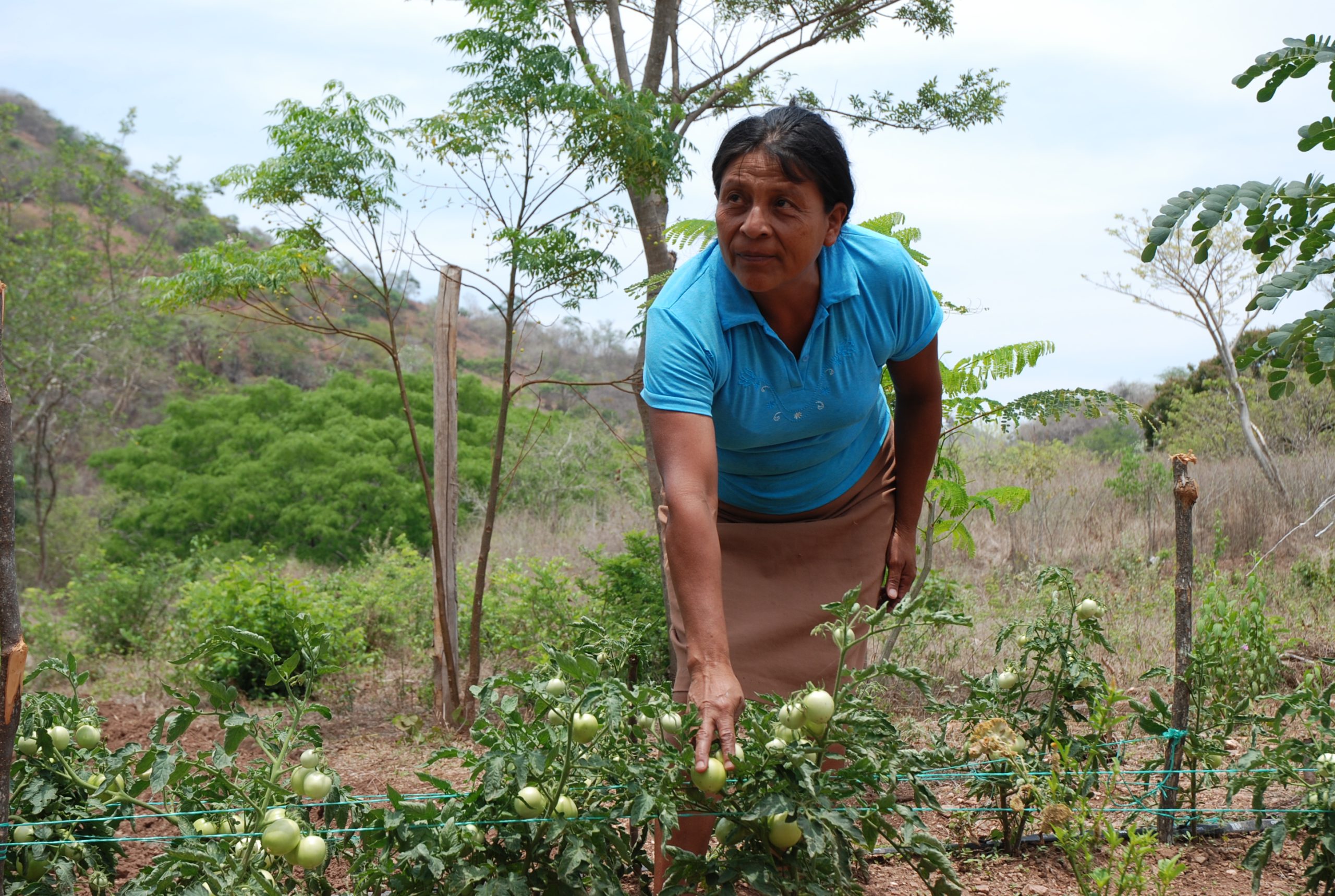
A smallholder farmer using low-pressure drip irrigation in Nicaragua from iDEal Tecnologias, supported by REEEP’s 10th call. Credit: iDEal
Reaching these goals wouldn’t be possible without organisations like REEEP, which we have supported since 2003, as part of our commitment to combating climate change. For twenty years, REEEP has played an important and independent role, together with Austria, to facilitate change in the developing world and catalyse long-lasting market development.
Energy access and energy security are critical components to the success of these aforementioned agreements – access to a diversified supply of clean, affordable and reliable energy is essential for socio-economic development, poverty eradication and improving quality of life, especially in the countries of the Global South where REEEP works. The UN Climate Change Conference is an excellent barometer of the primary concerns of the global sustainability community, and as evidenced in the discussions at COP27, energy, food security and increasing resilience to climate-related challenges are high on the list of priorities.
REEEP’S FOCUS SUSTAINABLE DEVELOPMENT GOALS


ADDITIONAL GOALS








Reflections
on Reeep
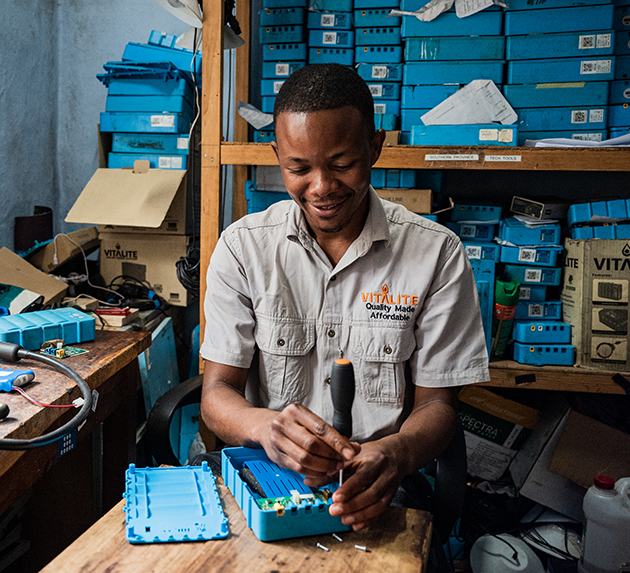
A Vitalite employee assembles a solar home system at their headquarters in Lusaka, Zambia. Vitalite is supported by both the Beyond the Grid Fund for Zambia and the Beyond the Grid Fund for Africa. Credit: Jason J Mulikita
Reflections
on Reeep
Twenty years ago, REEEP was launched as a global public policy partnership at the World Summit for Sustainable Development (WSSD) in Johannesburg in 2002. As we celebrate two decades of successful operation, it is a timely moment to reflect on the original objectives against the changing context of markets for renewable energy and energy efficiency.
In the years since our establishment, we have been part of the momentum which transformed renewable energy from a niche topic at the turn of the Millennium into an essential part of the energy sector. Our beginnings were during the early days for renewables. Technologies had been demonstrated but were considered expensive. There was scepticism that renewables would ever be commercial – many thought they would remain an expensive, luxury option. Some in policy circles, therefore, felt they were inconsistent with development needs. Energy efficiency was cheap but under-deployed.
This thought drove the creation of REEEP in 2002 as an institution to legitimise clean energy, with original goals of reducing emissions and delivering social improvement and economic benefits from using energy in a more efficient way. REEEP was born in an economic rather than a geopolitical age. As the WSSD launch suggests, this was deliberately a sustainable development framing of social, environmental and economic benefits: pro-poor development as well as greenhouse gas emissions reduction and biodiversity.
REEEP was never intended just to be a project-based organisation, rather it would develop and accelerate markets, aiming for transformation. In the words of Nick Mabey, one of REEEP’s originators, ‘’you can’t just leap to the endpoint, you have to go in cycles of building. As one market grows, you find out more about what you need to do to make markets grow and to sustain them and move them forward”.
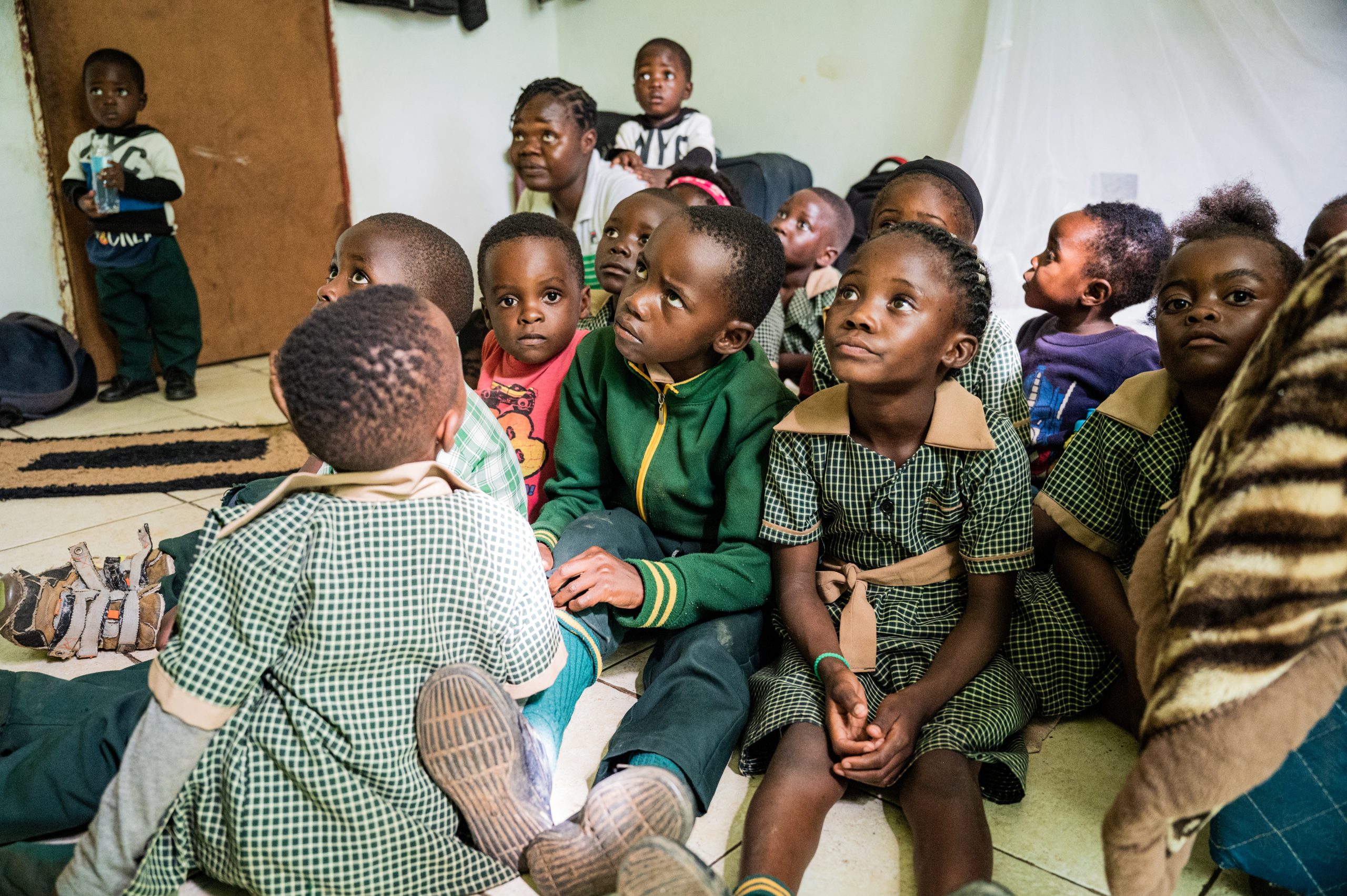
Children watching TV powered by an RDG solar home system at a school in rural Zambia. RDG is supported by the Beyond the Grid Fund for Africa. Credit: Jason J Mulikita
To those visionaries who dreamt up and launched the new partnership, it was clear that the scale of the transition required was so vast that existing organisations across the world must be brought on board. REEEP would act as a permanent push to other organisations to think and do more, driving change in policy and regulation, supporting innovation on clean energy finance, and promoting knowledge and capacity-building.
It would identify leaders, supporting and empowering those champions who were already active, be they working in governments, regulators, industry, international organisations, think tanks, academic institutions or civil society. Partners would share knowledge across regions on successful business models; regulators would learn from other regulators – for the first 10 years of its operation, REEEP supported the Sustainable Energy Regulators Network (SERN). So far REEEP has offered support to over 200 projects in 56 countries across 10 funding calls. On the knowledge side, REEEP was an early adopter of open data and our clean energy portal reegle had 220,000 monthly users at its peak.
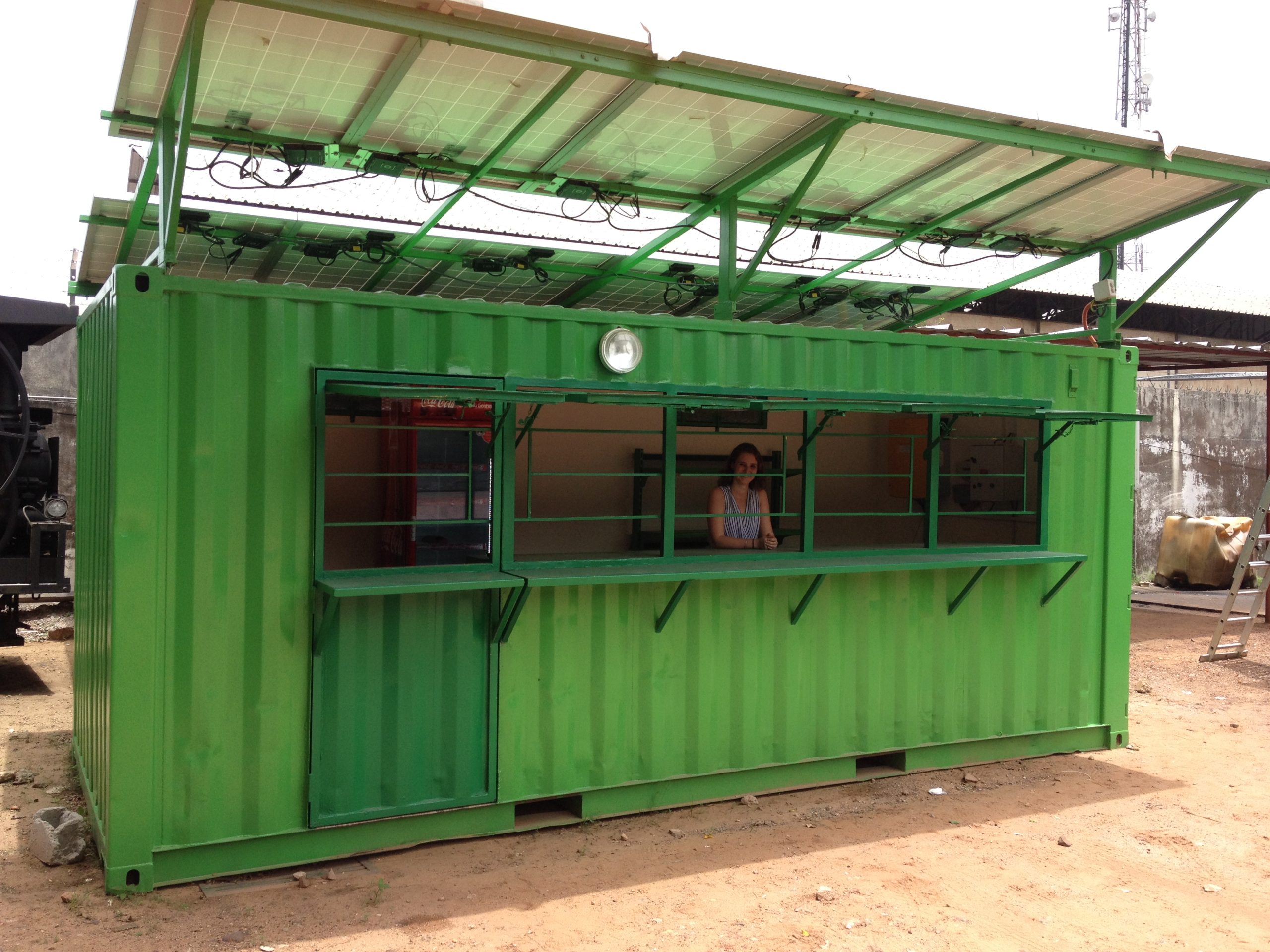
Employee at a solar-powered multi-use cold storage in Uganda by Station Energy, supported by REEEP’s 10th Call. Credit: Station Energy
One key change over REEEP’s lifetime has been a shift in the ratio of funding for ecosystem building against funding directly to private sector companies. Over time it has further focused on funding for off-grid, decentralised renewable energy service providers in lower-income countries.
With a solid background in policy and a strategic shift more towards direct support for the private sector, our programmes such as the multi-award winning Beyond the Grid Fund for Zambia (BGFZ) have maintained all the original key elements of the REEEP vision: innovative finance through an improved results-based financing scheme adapted to the early stage market, policy and regulatory change via the Off-Grid Task Force and market intelligence through the REEEP-developed Edison data platform. The growth of individual SMEs through our programmes is just one element of REEEP’s greater mission of transformational development, building up local energy markets which continue to flourish long after our intervention is over.
Our sector has come so far in the past 20 years. Scaling up is now possible – BGFZ acted as the pilot for the Beyond the Grid Fund for Africa, which aims to connect 6.5 million people in six countries across sub-Saharan Africa. Increasingly, renewables are the most competitive option and have accounted for the majority of new electricity generation capacity added globally over the past several years.
We are proud to have reached this significant milestone on our twenty-year path as trailblazers, developing clean energy markets for the benefit of the most vulnerable populations. REEEP doesn’t stop here – we will take the lessons learned through practice, build on those foundations and invent the next developments.
Whilst retaining our focus on energy access, we are looking towards future trends. The majority of people in rural areas in many African and Asian countries make their living from agriculture and related enterprises. We are preparing the stage to launch REEEP’s 11th Programme Call in 2023, which will cover productive use of energy (PURE) in agri-food value chains: on-farm needs such as irrigation, as well as downstream storage (cooling) and processing solutions. We will build on previous work in this sector, focusing on specific markets and developing the opportunity to create a multi-country programme.
As the world continues to warm we must also pay attention to climate adaptation. Efforts are crucial to safeguard vulnerable communities, ecosystems and infrastructure from the adverse impacts and escalating risks. Most people are not yet aware of the potential for renewables in climate adaptation. They can, for example, enhance energy resilience and faster recovery from climate disasters, power desalination and irrigation in areas of water shortage, and provide clean cooling solutions in the face of rising temperatures and frequent heatwaves, with positive impacts on health.
REEEP’s flexible approach to market development is ideal to push forward on these and other vital issues, boosting the energy transition and improving lives into the future.
REEEP’s Story

reegle drew on primary data gathering through REEEP, as well as a wide range of open data sources from the World Bank and UN Foundation through OpenEI to the CIA World Factbook and Wikipedia. Also incorporating a clean energy search function amongst a curated selection of trustworthy sources, it was broadly used throughout the world, with 220,000 individual users per month at its peak.
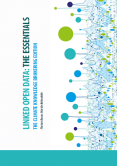
REEEP promoted the take-up of open data and data sharing across the clean energy sector, running a series of workshops in Europe, the USA, the Middle East and Southeast Asia for governments, multilateral development banks, NGOs and civil society, research institutes and academia. REEEP also published two editions of an Open Data handbook, Linked Open Data: The Essentials, in partnership with the Semantic Web Company.

REEEP was a founding member and later operated the coordination hub of the Climate Knowledge Brokers Group, a pioneering community of practice for people and organisations with a brokering role for knowledge relating to climate change. Its members produced lasting products and services including the Climate Knowledge Brokers Manifesto and Climate Tagger. REEEP led the development of Climate Tagger, which automatically scans, labels, sorts and catalogues data and document collections to help knowledge-driven organisations in the climate and development arenas streamline information resources and connect to the wider climate knowledge community.
20 years of REEEP
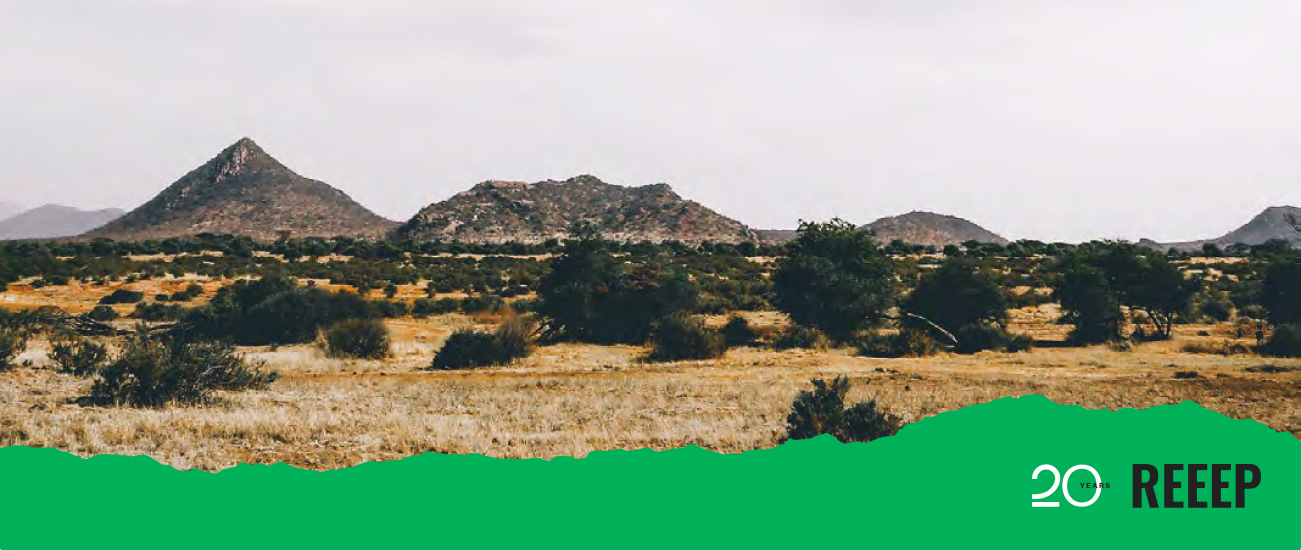
- REEEP has a long track record of success in policy development, managing funds for 10 global calls as a multi-donor financing channel and directly supporting more than 200 projects worldwide.
- The Beyond the Grid Fund for Zambia won the 2019 Ashden Award in the category of “Innovative Finance”, a 2019 Momentum for Change UN Global Climate Action Award and the 2020 Energy Globe Prize for Zambia, and reached its goal to connect over one million Zambians to affordable energy access in 2022.
- In the mid-2000s, REEEP’s contribution to strategic developments in clean energy policy was instrumental in kick starting major policy shifts in the BRICS countries – such as wind power in Brazil and solar PV in China – that are still shaping these economies’ energy policies today.
- The innovative Austria-Nepal Renewable Energy Blended Finance Facility established a blended finance instrument for small-scale renewable energy projects, the first green portfolio-based guarantee instrument in the country.
- REEEP’s 2015-2017 investment portfolio ”Powering Agrifood Value Chains” was a forerunner in supporting the water-food-energy nexus, comprised of eight high-potential SMEs active in Asia, Eastern Africa and Central America.
- The Private Financing Advisory Network, co-hosted by REEEP and UNIDO has leveraged over USD 3 billion in investment for climate and clean energy by over 1300 PFAN-supported projects and businesses.
- REEEP co-created and ran the Sustainable Energy Regulators Network (SERN) from 2006-2014, a deeply influential network which guided government institutions charged with clean energy development in knowledge exchange with regulators to create stable policy and regulatory mechanisms, helping to grow the clean energy market.
- REEEP’s design and implementation of the Beyond the Grid Fund for Zambia served as the successful pilot of the Beyond the Grid Fund for Africa, which is now a EUR 126 million programme active in six sub-Saharan countries with the aim to connect 6.5 million people to affordable energy access by 2028.
HOW REEEP WORKS
REEEP’S MARKET DEVELOPMENT APPROACH
In the 20 years since REEEP was launched, we have gained deep experience and understanding of market development, evolving a unique approach to achieving catalytic impact.
Working in particular markets, starting from the commercial demonstration stage, we pick up clean energy solutions and accelerate the market development up the technology adoption curve (see Fig. 1 below). We design and implement holistic market actions to address barriers, tailoring programmes to the prevailing market conditions and stage of market maturity, using proven tools or creating new ones where none exist.
Working with small and medium enterprises (SMEs), REEEP facilitates the adoption at scale of clean energy solutions where the technology is proven through pilot demonstrations or prior successful deployment in different countries, and questions of product/market fit have substantially been addressed. We support SMEs as they refine and prove out business models and deploy at scale, design programmes making effective use of public (donor)-finance to support the sector during wider rollout, and ensure private financing is available to sustain market growth as public support is reduced and eventually withdrawn. We simultaneously prepare the ground for larger-scale multi-country programmes based on these successful market engagements.
Our actions are primarily supply side measures, whilst keeping a strong focus on the demand side energy needs and sustainability of the market. A detailed market scoping is conducted to understand market and community needs and the potential to address suppressed demand through support and de-risking measures for SMEs as well as improvement of market conditions. In all cases when selecting companies, we ensure they have a coherent understanding of the market and demand, market-appropriate models and solutions, capacity to implement and appropriate plans for marketing and awareness-raising. We insist on high-quality standards, as well as means to advance gender equality across their operations and impact on the market.
Securing suitable finances represents one of the key barriers to clean energy SMEs – in frontier markets too many fail in the so-called “valley of death” between seed funding and scale – so one of our functions is to design public and private financial instruments. An enabling environment is also essential, so we work with governments and other key stakeholders on relevant policy and regulation. Furthermore, we collect and disseminate market intelligence so that public and private stakeholders are better informed in decision-making. Important initially in removing barriers to market growth, the regulatory role remains vital as those markets grow, ensuring consumer protection and control of pollution from e-waste, and allowing strategic planning of national energy systems.
We honed this approach working with our partnership of governments, international organisations, the private sector and civil society as well as research institutes, think tanks and academia. REEEP already has a wide network, and when entering a market, we fill in any gaps by developing intentional relationships with all the right market stakeholders necessary to remove barriers to growth.
This holistic perspective, with no vested interests and taking into account the needs of all stakeholders, befits our status as a not-for-profit Quasi-International Organisation (QuIO). Combined with a speed of response impossible for larger organisations, it sets REEEP apart from the field.
Our key levers to advance overall market development are:
-
to design public (donor)-funded financial instruments leveraging private finance
-
to structure private financial instruments to ensure availability of adapted and affordable private finance
-
to support a cohort of SMEs to refine their business models and accelerate deployment at scale
-
to support SMEs in accessing private finance locally and on international markets
-
to support a suitable enabling environment, working with governments and targeted key stakeholders on policy and regulation
-
to collect and disseminate market intelligence so public and private stakeholders are better informed in decision-making
Focus Countries and Regions
REEEP applies our approach to market development flexibly, and can adapt it rapidly to different countries – we are currently active in Burkina Faso, Democratic Republic of Congo, Mozambique, Liberia, Tanzania, Uganda and Zambia, as well as Nepal. It also suits different clean energy solutions (market sectors) and allows us to respond to market shifts.
Within these regions, we work where we encounter specific interest, committed partners, and tangible opportunities. We focus on low- and middle-income countries as defined by the World Bank, with a per capita GDP of up to USD 4,000. Exceptions can be made when a country has, for instance, the function of a trailblazer in the region.
Furthermore, though the Private Financing Advisory Network we are active in low- and middle-income countries in sub-Saharan Africa, South Asia, Southeast Asia, the Pacific Islands, Eastern Europe, Central Asia, Central America and the Caribbean Islands.
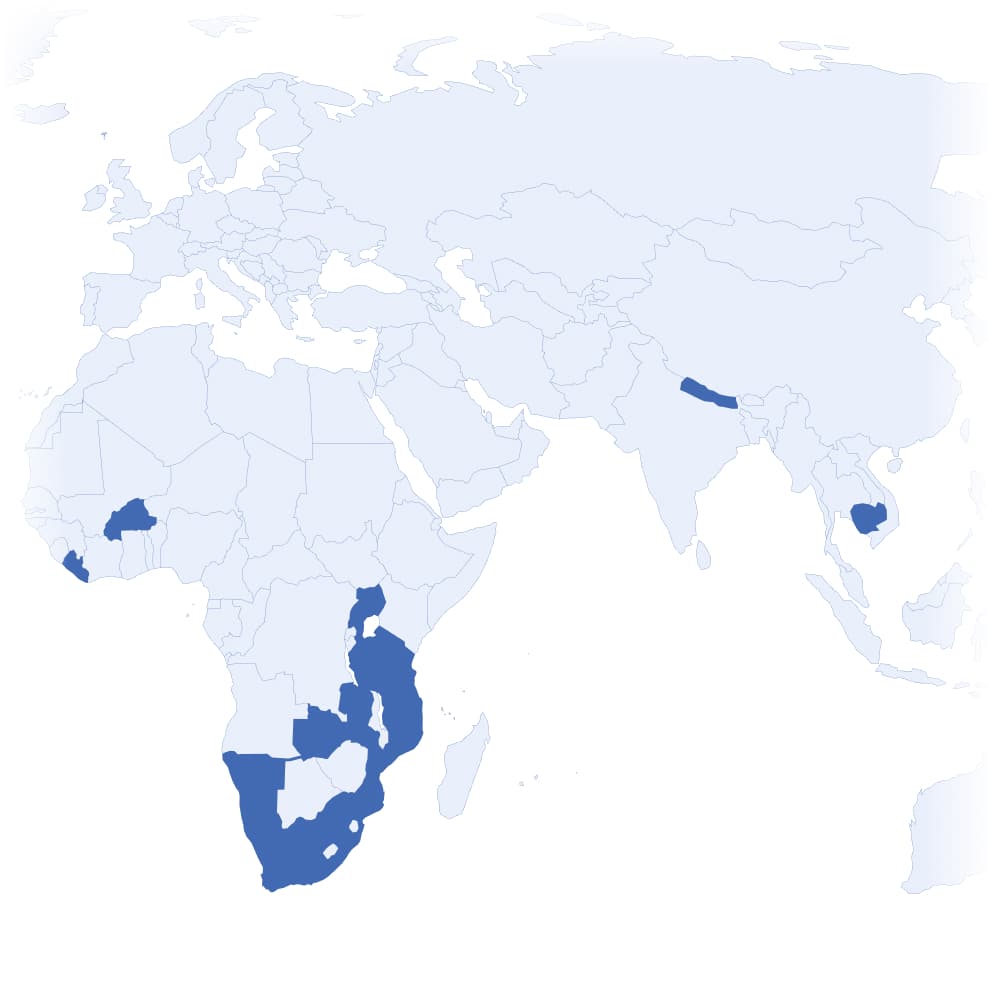
FOCUS SECTORS
Rural electrification and energy access are high priorities for REEEP: some 675 million people still lack access to electricity. We are increasing our focus on productive uses of renewable energy (PURE), particularly in agri-food value chains, which provide livelihoods for the majority of people in rural areas of many African and Asian countries. Off-grid clean energy solutions can contribute to increased production through solutions such as solar irrigation, as well as reduced food loss and waste, for example through cooling and processing solutions extending the life span of agricultural yields. Mini-grids can support these more intensive energy uses, as well as supplying domestic clean energy and we look to support innovative ways to unlock demand.
We are continuously exploring potential areas of expansion where our market development approach can be applied successfully to drive transformative change. E-mobility is one such area, with increasing options to implement electric transport solutions for smaller vehicles such as two- and three-wheelers, or electric boats for fishing communities, including ancillary services necessary to grow markets such as battery swaps and establishing recharging stations.
The Private Financing Advisory Network (PFAN) has been originating climate adaptation projects and providing them with business coaching and investment facilitation since 2014. As the world continues to warm, adverse impacts increase and risks escalate for vulnerable communities, ecosystems and infrastructure. REEEP is evaluating further ways to support climate adaptation efforts through renewable energy solutions, both by building consideration of adaptation impacts into our work on PURE in agri-food value chains, whilst also researching the potential for a specific future programme on the topic.
Data use to improve decision-making in energy access
As with our projects and programmes, REEEP’s role as an innovator, incubator and trusted partner extends to our work with data. We developed the Edison platform to monitor the Beyond the Grid Fund for Zambia (BGFZ), making it possible for the first time for a results-based funding programme to accurately monitor the sustainability of every single electricity connection for which a subsidy is provided. This unique insight into the impact of the programme prompted SIDA, the funder of BGFZ, to provide additional grant funding to investigate the possibility of other organisations in the energy access sector using Edison.
We carried out a lengthy consultation process with actors in governments and public sector agencies responsible for energy access, as well as programme managers in the development sector, other funders and financiers, AMDA, GOGLA and individual energy service providers/solar distribution companies (ESPs). These discussions led to a pilot programme with the Rural Electrification Authority of Zambia.
REA Zambia is acting as a trailblazer for similar organisations across Africa with its commitment to take full advantage of modern data collection, analysis and visualisation across all the activities under its auspices, both on and off-grid. Together with our counterparts in the REA IT team we carried out a detailed scoping exercise on how data can improve decision-making across the whole organisation, including engineering services, monitoring and evaluation, economics, as well as the programme management team for the World Bank financed Electricity Service Access Project (ESAP).
Following this success, and growing interest in the platform across the sector, REEEP has now transferred the data platform to a new collaboration that is better placed to support its rapid expansion. The Access to Energy Institute (A2EI), a not-for-profit software and hardware research and development institute based in Berlin, is now chiefly responsible for software engineering, combining Edison with its own existing platform CLIPP into: Prospect, the Primary Open Source Platform for Energy and Climate Tracking. A2EI works in collaboration with the Global Energy Transition Programme’s GET.invest pillar, operated by the Deutsche Gesellschaft fur Internationale Zusammenarbeit (GIZ), with GET.invest taking the lead on promotion and development of the Prospect initiative – data use and open data collaboration across the energy access sector.
REEEP will continue to use Prospect to inform its delivery of technical assistance services to ESPs under the Beyond the Grid for Africa (BGFA). And of course, we remain on the lookout via our other programmes for new opportunities where improved data use can accelerate the transition to clean energy, in keeping with our long history helping partners make better use of data, information and knowledge (see timeline for examples).
Financial Instruments
As part of our holistic approach to building dynamic, sustainable markets, REEEP designs and implements tailor-made financing and support mechanisms attuned to local market conditions and needs. Through a combination of financial incentives, capacity building, facilitation of stakeholder cooperation and technical assistance, REEEP’s programmes fill financing and knowledge gaps and enable private sector players to operate successfully in frontier markets.
REEEP’s Toolbox
Market transformation
Market transformation is complex and multidimensional. REEEP develops pioneering ways of monitoring, evaluating and learning from its programmes, combining in-depth qualitative information with ground-breaking quantitative data to improve our own and our partners’ understanding of the systems we work in, identifying opportunities and barriers to success and lower risk for market actors. We share the insights and knowledge we gain with government and private sector stakeholders, helping to improve policy and investment decisions. This knowledge also informs the continuous adaptation of our methodologies to build scale within and enable replication of our programmes across markets. REEEP’s work contributes to global efforts under the United Nations 2030 Agenda for Sustainable Development to advance energy access; combat climate change and improve resilience; reduce damage to the environment; improve livelihoods and facilitate economic growth where it is most needed. The 2015 Paris Agreement on Climate Change remains the second major guiding force in REEEP’s work.
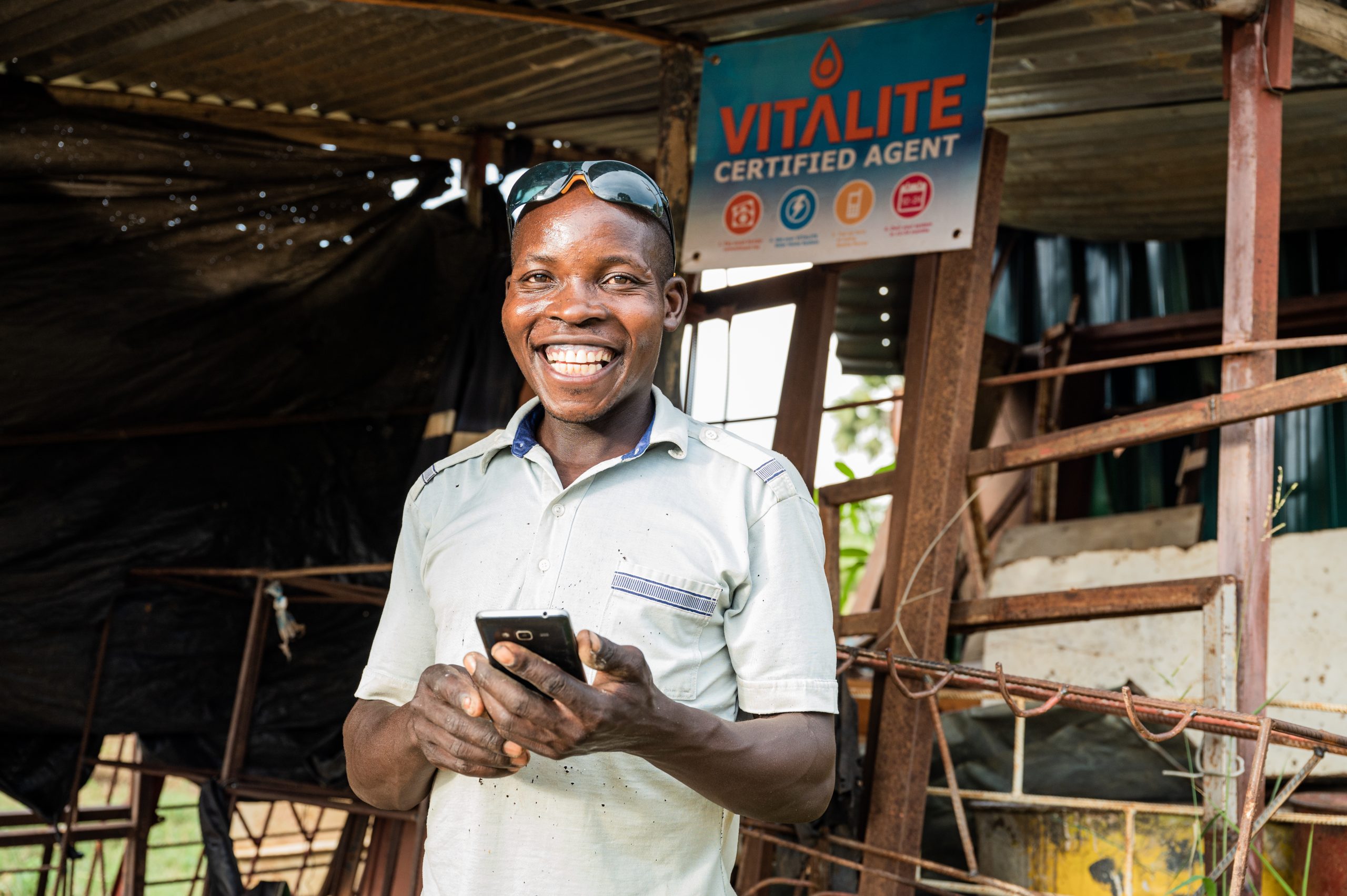
Results-based financing
REEEP develops results-based financing (RBF) schemes that deploy public sector funding as incentives for private sector to overcome early structural challenges in early-stage markets, incentivise start-up and medium-term scale-up needs of clean energy service providers and create conditions for long-term sustainability as well as leverage private finance and commercial investment. The financing takes place on a grant basis as “free-equity” across multi-year project lifecycles, subject to rigorous monitoring and verification of milestones. Beyond the Grid for Zambia (2017-2022) and Beyond the Grid for Africa (2019 – to date) are two examples of the effective approach to spurring market activity in nascent markets.
Risk mitigation for financial institutions
REEEP designs and implements first loss reserves to cover local financial institutions’ portfolios of eligible loans, using cash-backed and on-demand guarantees for simple and effective reduction of provisions, credit risk mitigation and to address collateral requirements. The Nepal Blended Finance Project, for example, provides a specialised first loss Credit Guarantee Facility (CGF) of 25% to a fund operated by NMB, the partner Nepalese bank, for loans to renewable energy projects, along with other support to the renewable energy ecosystem. The CGF is a revolving fund, so monies not needing to be drawn down by the bank in respect of non-performing loans can be recycled to support future projects after loan maturity.
TECHNICAL ASSISTANCE TO SMES
REEEP provides technical assistance on a broad range of challenges that SMEs are facing and that are critical to their success. Through the PFAN programme, project developers receive technical assistance mainly in the areas of business planning, financial modelling, investment structuring and transaction management. Technical assistance in the BGFA and SOARING programmes covers these as well as additional areas such as e-waste policies and action plans, environmental policies and management systems (ESMS), GHG monitoring, gender policies and action plans, consumer protection and satisfaction, procurement and standard operating procedures (SOPs), regulations and licensing, key performance indicators (KPIs), management structure and HR management among other aspects.
CAPACITY BUILDING FOR FINANCIAL INSTITUTIONS
Capacity building support includes engagement of senior management, improvement of internal processes, policy frameworks and standardised approaches for due diligence and credit analysis which are appropriate for green projects and SMEs. It also includes support to access climate finance as part of the strategic diversification of funding sources of local financial institutions. The SOARING programme provides targeted trainings to participating development and commercial banks, as well as microfinance institutions, aimed to build internal risk assessment methodologies for investments in, and financing of, renewable energy companies/projects and their end-users in Tanzania and Zambia. Furthermore, SOARING provides trainings on renewable energy business and delivery models to management level bank and MFI representatives.
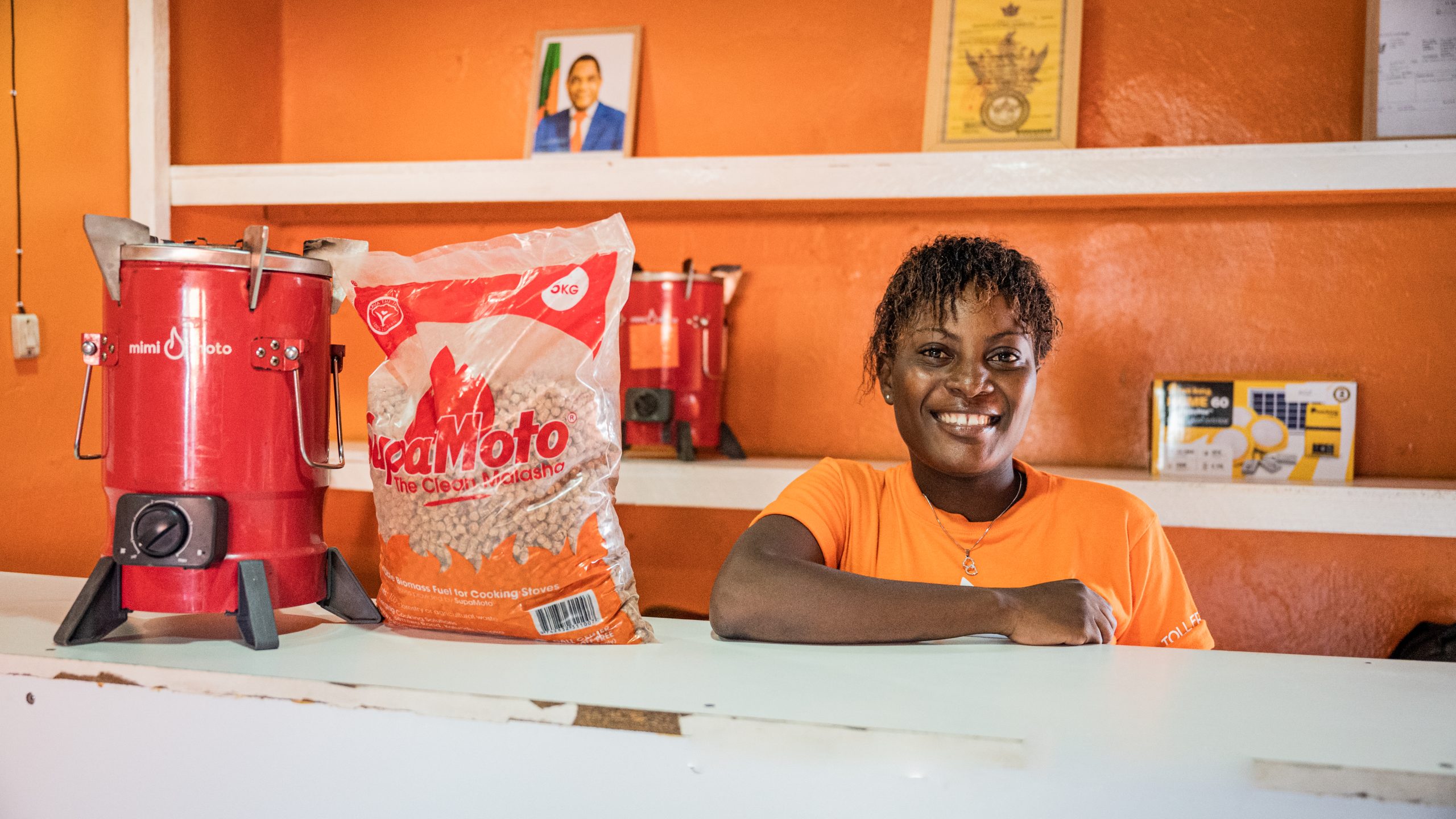
STAKEHOLDER ENGAGEMENT (COUNTRY PLATFORMS FOR CHANGE)
REEEP aims to support a coordinated improvement of market conditions and enable action-driven discussions to resolve regulatory and policy issues with members from private and public bodies. To that end, REEEP establishes platforms to engage local stakeholders, including representatives of renewable energy associations, rural electrification authorities, financial services regulatory bodies, bankers’ associations, micro-finance associations, etc. In the BGFZ programme (2017 -2022), REEEP facilitated the establishment and the management of the Off-grid Energy Taskforce in Zambia (OGTF), a concept that is now being replicated in all countries of the scale-up BGFA programme.

Facilitation of a market learning effect through collection and aggregation of data
REEEP facilitates a market learning effect through the collection, aggregation and sharing of data contributing to reduction of risks, filling information gaps for the public and private sector and providing evidence for impact and opportunity along with an increased understanding of trends and market characteristics. As part of the BGFZ programme, REEEP established a data-driven monitoring approach which facilitated collection of unique data on energy access in a newly established sector in a nascent market as well as leveraged the experience of the portfolio of off-grid energy service providers towards policy improvements, planning of additional market supporting efforts and leveraging private finance.
Pipeline origination and development
Through a variety of programmes, REEEP supports SMEs in early-stage sectors and markets helping to mature the private sector base offering investment opportunities. As part of its programmes, REEEP provides support to fulfil due diligence requirements, loan application documentation and post-disbursement monitoring and financial advisory services among other potential support required to secure finance.
Local currency enabler
REEEP is currently working on a solution to solve the exchange risk problem within local markets. Our goal is to provide local currency hedging that would otherwise not be available to lenders and that would support the borrowers in terms of exchange risk protected lending. The hedging facility would reduce the risk of possible upside of interest rates when borrowing in hard currency (e.g. in EUR or USD).
Current programmes and projects
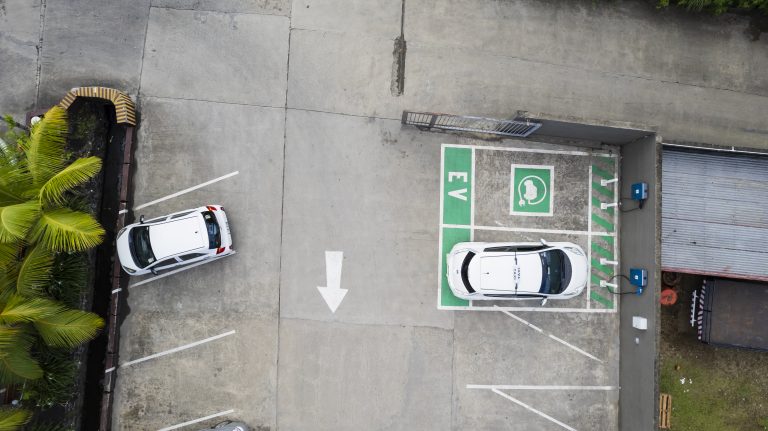
-
Programme
-
Video
Strategy and direction

An off-grid home using VITALITE solar home systems in in Kafue, Zambia.
Credit: Jason J Mulikita
Urgent need for scaling up climate finance
The clean energy transition is well underway, but it is still not progressing fast enough to meet the goals of the Paris Agreement and the SDG. So whilst we are celebrating the 20 years of market development experience in sub-Saharan Africa, Asia and Latin America we have achieved, as we look towards the future we prepare to redouble our efforts.

A picker on a longan farm in Battambang province, Cambodia, which is irrigated through a solar pumping installation purchased with a Clean Energy Revolving Fund loan.
Credit: Jeremy Meek
Rural electrification and clean energy access have been at the heart of REEEP’s recent work and will remain a priority. Our efforts have contributed to the rapid development of Solar Home System (SHS) markets in off-grid areas, bringing about economic development, social empowerment and improved quality of life.
As communities aim to move up the energy ladder, mini-grids, which are capable of supporting more intensive energy use, as well as standalone productive uses of renewable energy (PURE), come into focus.
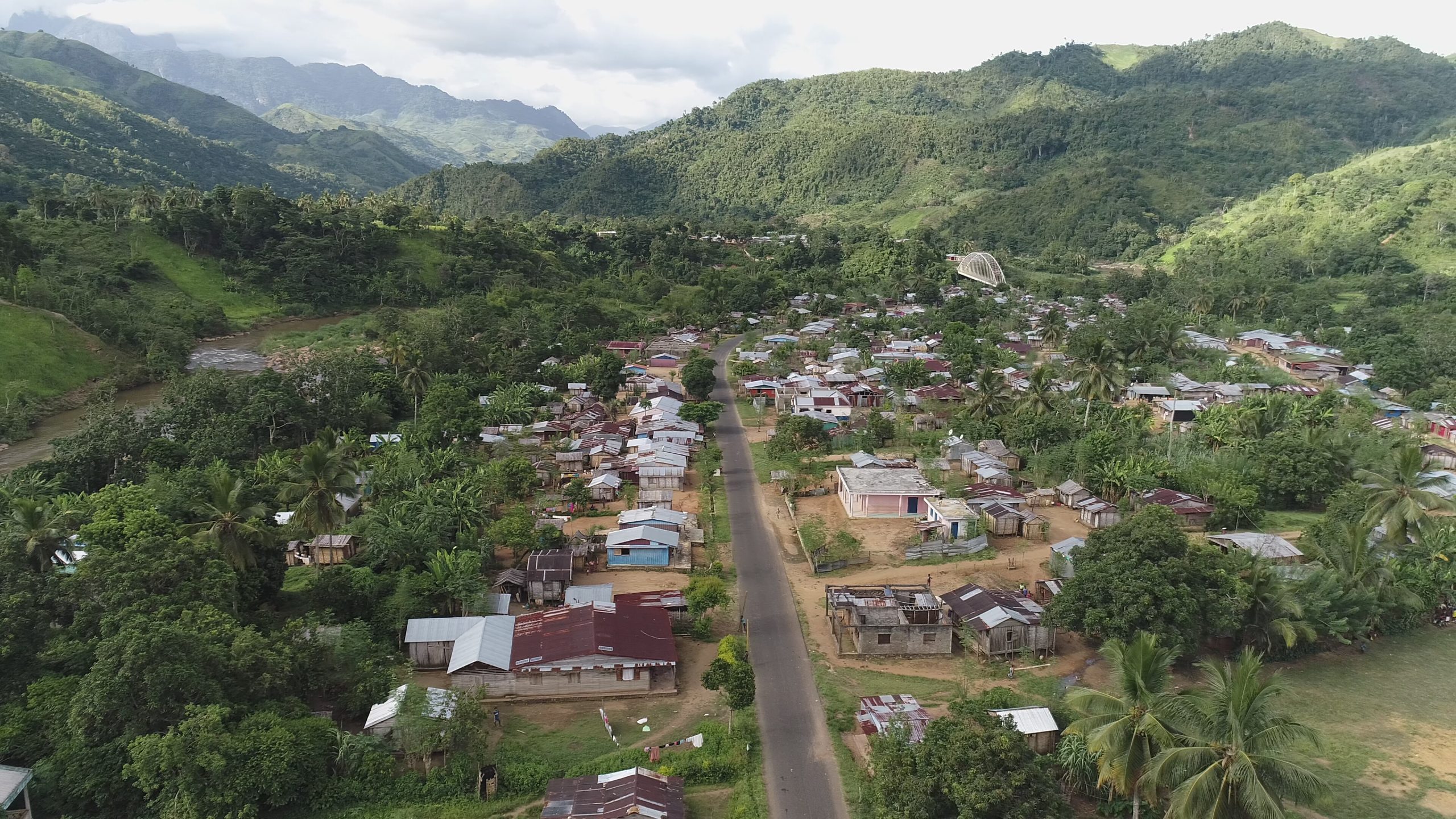
The municipality of Belaoko Lokoho in Madagascar, where PFAN-supported project has mobilised finance to build a hydropower plant.
Credit: Photomap
Productive use of renewable energy (PURE) offers the opportunity to lock in low GHG emission development pathways for the Global South, improving lives and livelihoods and building resilience to future shocks. In rural areas in many African and Asian countries, the majority of people make their living from agriculture and related enterprises. Much of the energy used in these value chains is still supplied by manual labour, and in cases where electrical appliances are available, they often run on imported and increasingly expensive fossil fuels or depend on an unreliable national grid. Domestic agricultural yields are impacted by climate change while populations, as well as demand for food, are growing.
Off-grid clean energy solutions have proven to be effective in rural agricultural settings, contributing to increased domestic production and reduced food loss and waste, for example through cooling solutions extending the life span of agricultural yields. Building upon our solid experience within the energy/food nexus, REEEP has designed our 11th Programmatic Call with the productive use of energy at the forefront. Through it, we aim to build sustainable markets for clean energy use in agricultural value chains including on-farm needs such as irrigation, downstream storage (cooling) and processing solutions. The programme – ready to be launched in late 2023 – will leverage REEEP’s toolbox in a holistic way to increase the adoption of clean energy for productive use in the agri-food sector, engage with policymakers and activate financial institutions to foster market growth.
REEEP’s key areas
REEEP strives to actively engage in markets and sectors where we can make a significant lasting impact, leveraging our expertise and collaborative networks. We are continuously exploring potential areas of expansion where our market development approach can be applied successfully to drive transformative change.
REEEP has been supporting the development of markets for mini-grids through the Beyond the Grid Fund for Africa, with funding windows for mini/micro-grids in the Democratic Republic of the Congo, Burkina Faso, Liberia, Mozambique, Uganda and Zambia. As the sector continues to scale in sub-Saharan Africa, mini-grid developers still face multiple challenges. High upfront costs remain a problem, along with the cost and frequency of equipment replacement, particularly batteries, when set against current low demand levels and therefore revenues. Issues to be resolved also include the lack of long-term private financing options that are willing to treat mini-grids as infrastructure. REEEP sees the potential for business model innovation and is actively developing approaches to unlock demand, increasing the commercial viability of mini-grids.
Climate adaptation efforts are crucial to safeguard vulnerable communities, ecosystems and infrastructure from the escalating risks and adverse impacts of climate change, and the importance of these efforts is being increasingly recognised at the international and national levels. The majority of clean energy applications are traditionally seen as mitigation efforts, but renewables also have a significant role to play in climate adaptation by, for example, enhancing energy resilience, powering desalination and irrigation and providing clean cooling solutions in the face of rising temperatures and frequent heatwaves.
By facilitating access to decentralised clean energy services – which are more reliable than the grid – REEEP’s programmes contribute to strengthening the resilience of electricity infrastructure to extreme weather events. For example, the Private Financing Advisory Network (PFAN) has been originating climate adaptation projects and providing them with business coaching and investment facilitation since 2014. During last year’s COP28 in Egypt, we showcased three of these projects and hosted a lively discussion around the topic. As we move forward, REEEP is evaluating further ways to support climate adaptation efforts through renewable energy solutions, both by building consideration of adaptation impacts into our 11th Programmatic Call, whilst also researching the potential for a specific future programme on the topic.
Clean transport is high on the international development agenda, particularly in light of the pollution crises in many major cities. In addition to contributing to the decarbonization of the economy, e-mobility also provides other benefits, for example making transportation more accessible to low-income communities. In rural areas, affordable electric motorcycles coupled with solar photovoltaic systems can lessen the reliance on costly or difficult-to-obtain gasoline, improve accessibility to markets and address first and/or last-mile travel challenges associated with using public transit. Given our extensive expertise in market development, REEEP is well-equipped to support SMEs in implementing electric transport solutions for smaller vehicles such as two- and three-wheelers, or electric boats for fishing communities, including ancillary services necessary to grow markets such as battery swaps and establishing recharging stations.
Events in 2022
- 14 June 2022
- Organised by Asian Development Bank
- 22 June 2022
- Organised by ICF Institutional Capital Forum
- 18-20 October 2022
- Organised by GOGLA
- 9 November 2022
- Organised by UNIDO and REEEP
- 11 November 2022
- Organised by REEEP, SNV and WWF
- 12 November 2022
- Organised by REEEP, Efficiency for Access, Stockholm Resilience Centre, Global Resilience Partnership and World Economic Forum
REEEP Governing
Board Members
REEEP’s Governing Board is responsible for the conduct of business in accordance with REEEP Statutes, and holds office for a period of four years. The Governing Board develops and oversees key strategic direction, targets, timeframes and priorities; prepares financial rules and accounting systems; and guides the operations of REEEP’s International Secretariat.
Members
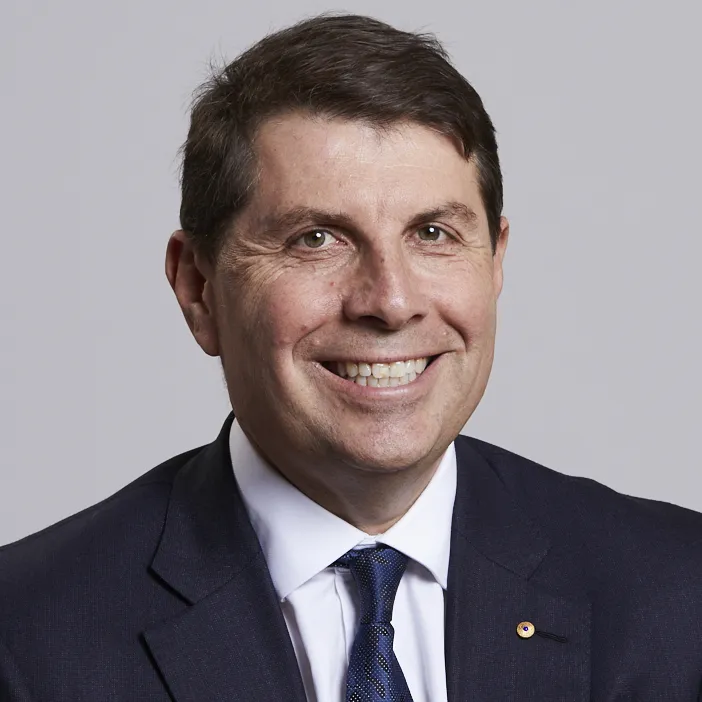
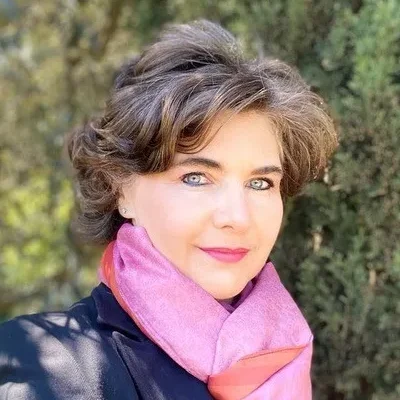
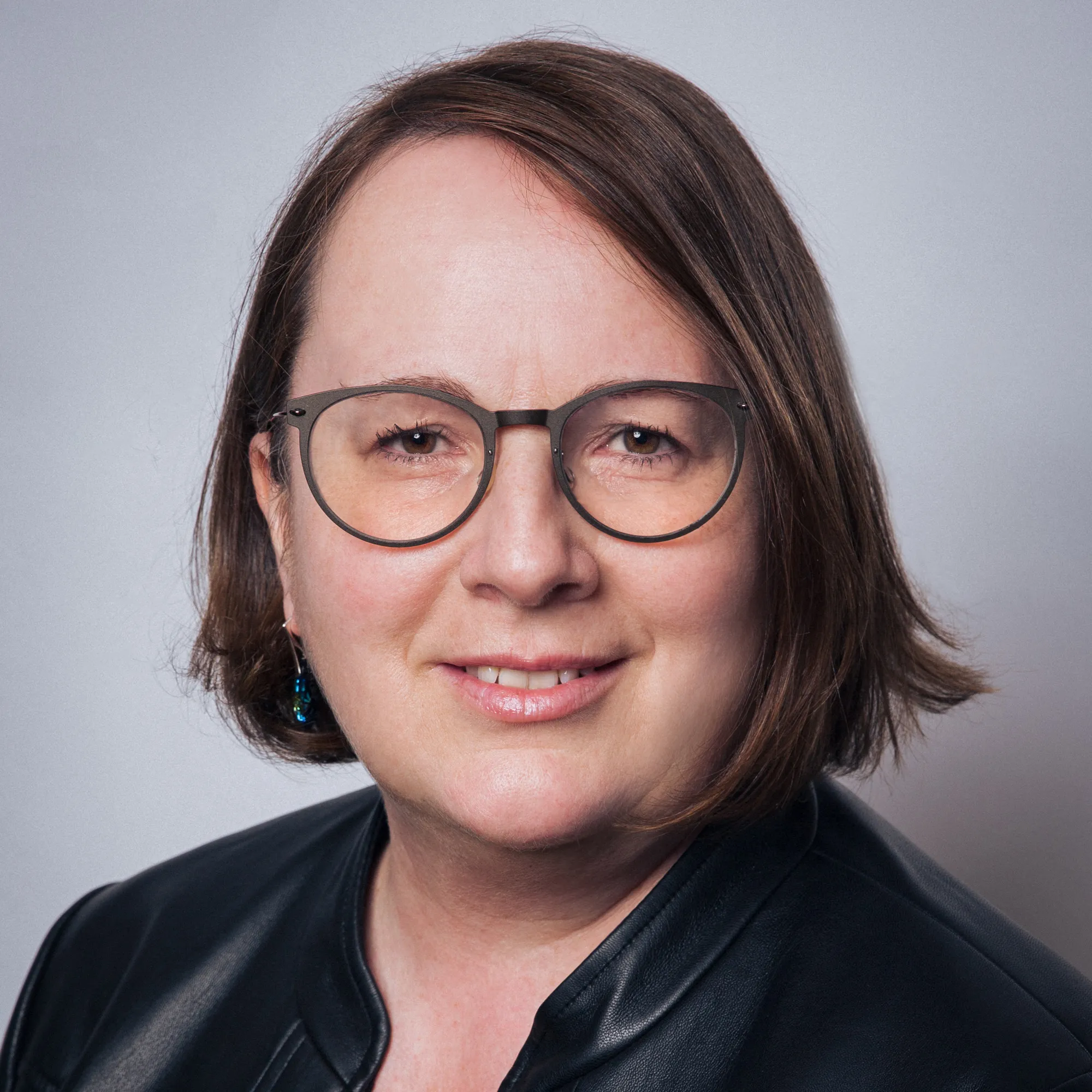

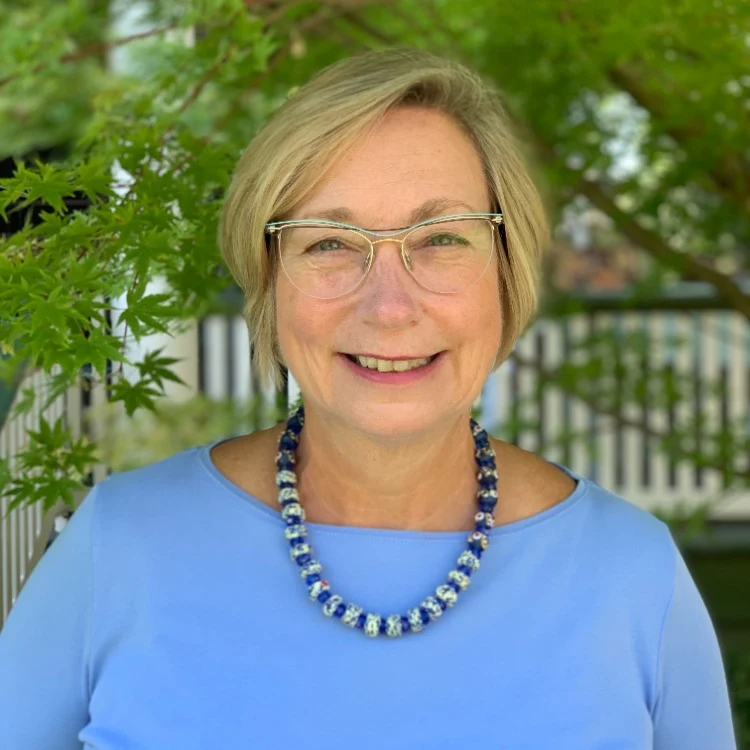
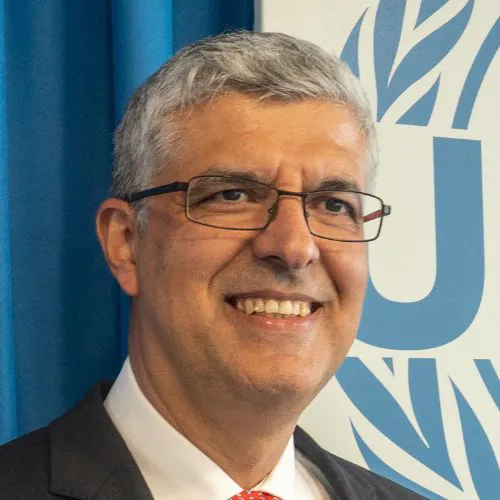
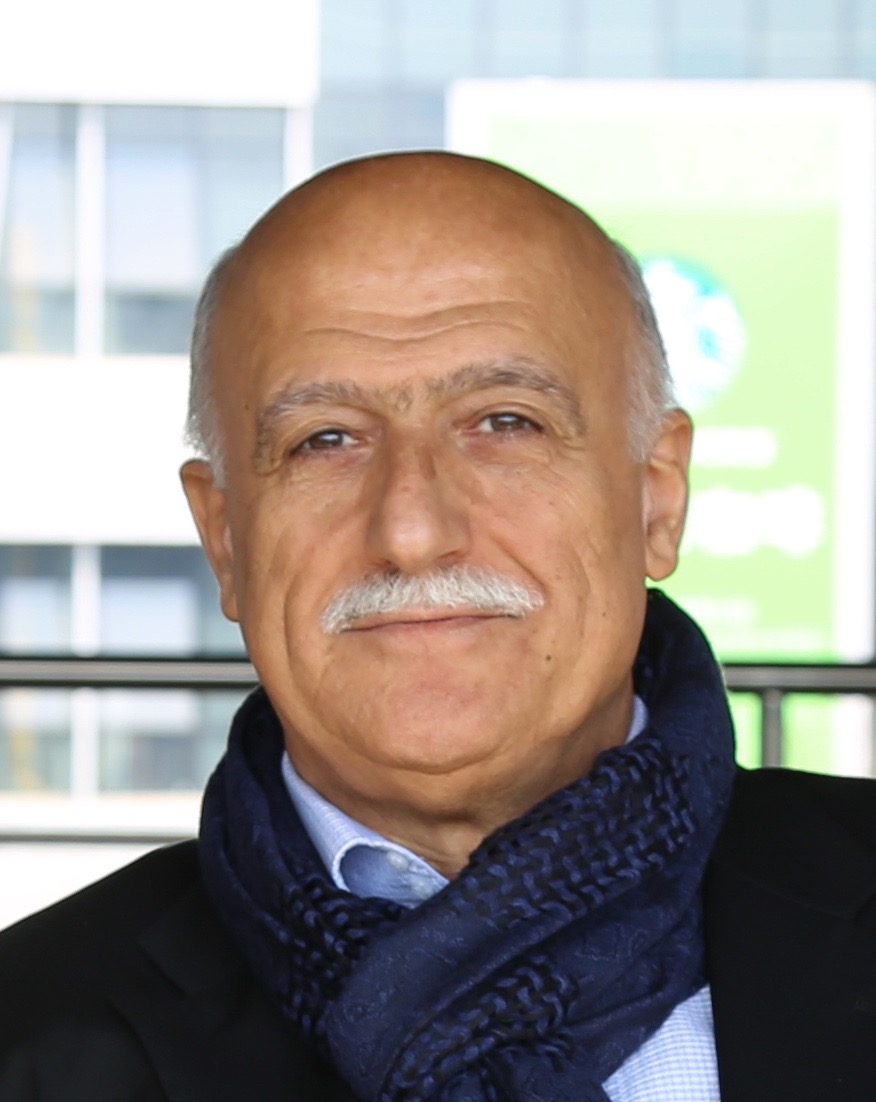
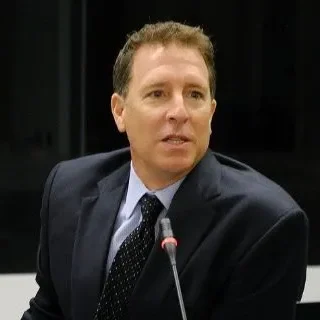
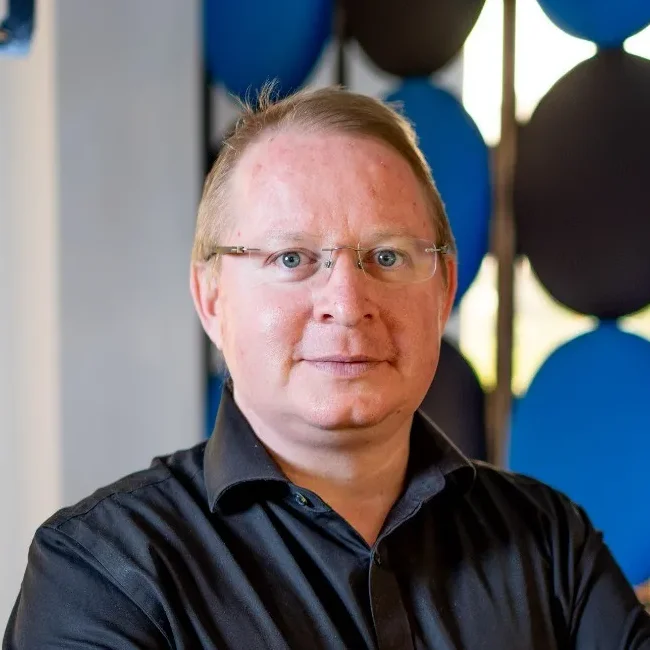
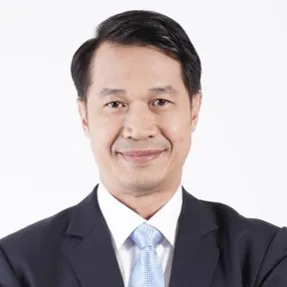
Our Donors
REEEP’s work is made possible by generous donors who share our strong belief in clean energy markets for climate smart growth. REEEP and the programmes we work on are funded primarily by sovereign governments, multilateral and international organizations.

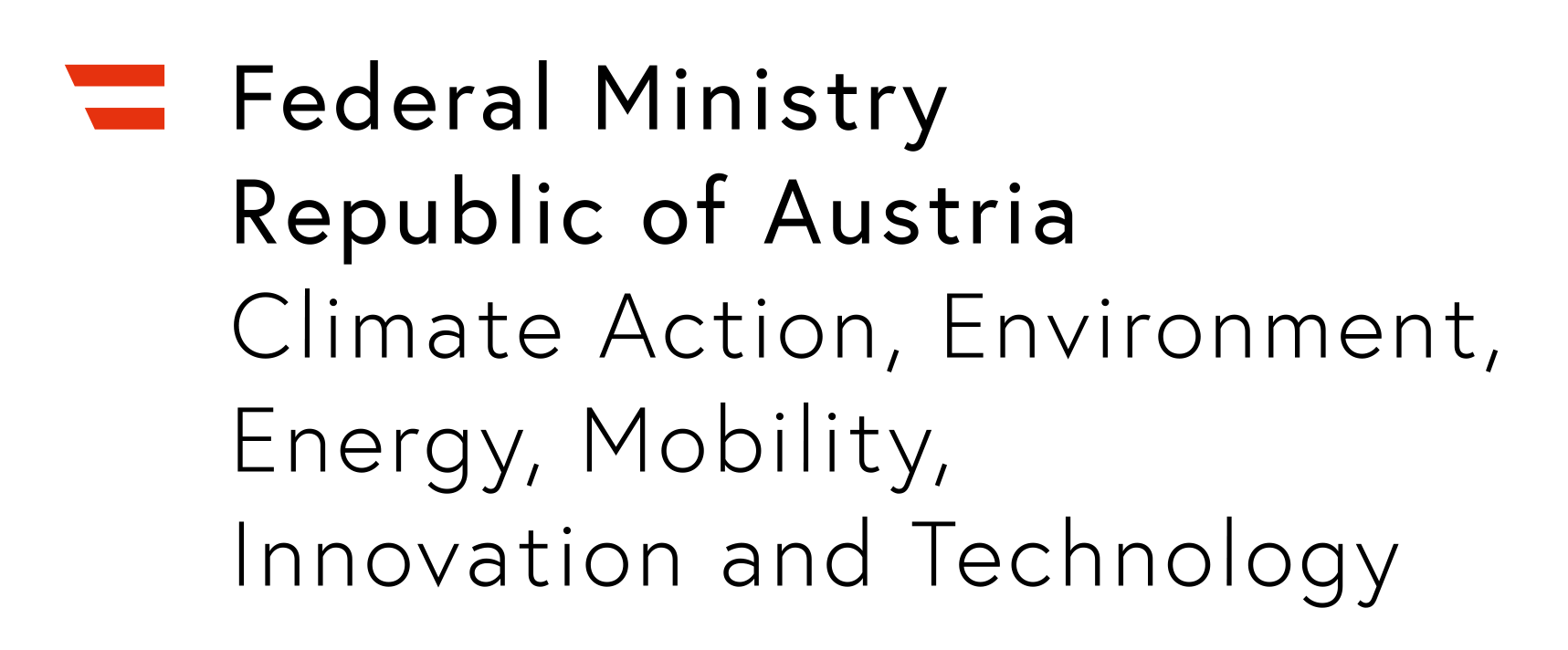
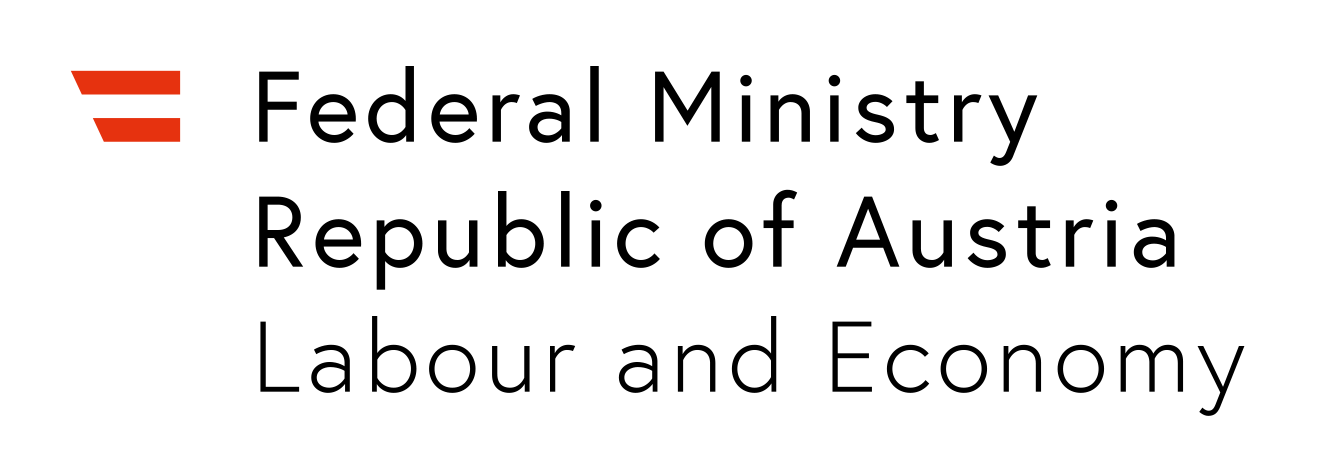


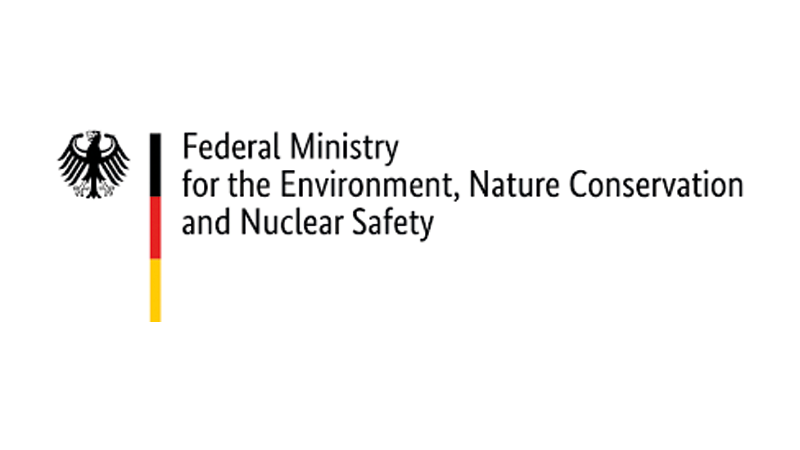



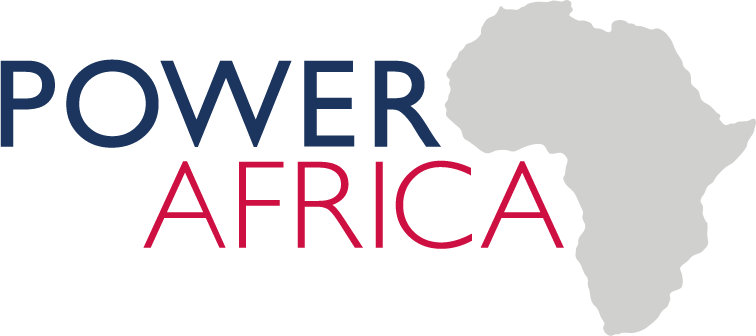
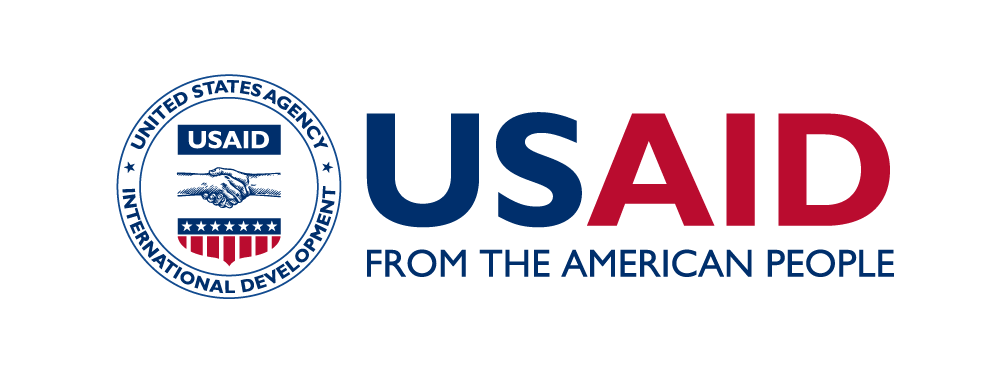
Reeep in numbers
REEEP OUTLAYS 2021/22
In 2021/22, REEEP outlays amounted to EUR xxx. REEEP operations, including outreach, represented xx% of total expenditures. PFAN accounted for xx%; off-grid energy access accounted for xx%; analytics, programme, and other accounted for xx%, while agriculture accounted for xx% of the total.
REEEP’s Funding Overview
Over the eight-year period from 2011/12 to 2019/20, reeep received EUR 23.55 million in donations, including EUR 20.7 million for investment capital and fund management, and EUR 2.85 million for open knowledge and strategic projects.
-
Open Knowledge & Strategic Projects
-
Investment Capital & Fund Management
REEEP Legal Status
REEEP Legal Status
REEEP is an international multilateral partnership, registered in Austria and recognised under Austrian law as a Quasi-International Organization (QuIO), a category of international organization introduced in 2015 to accommodate international organizations with multi-stakeholder institutional structures similar to those of intergovernmental organizations, but also allowing membership of non-government actors. REEEP qualifies as an international NGO for official development assistance (ODA) contributions according to the Organization for Economic CoOperation and Development (OECD).



